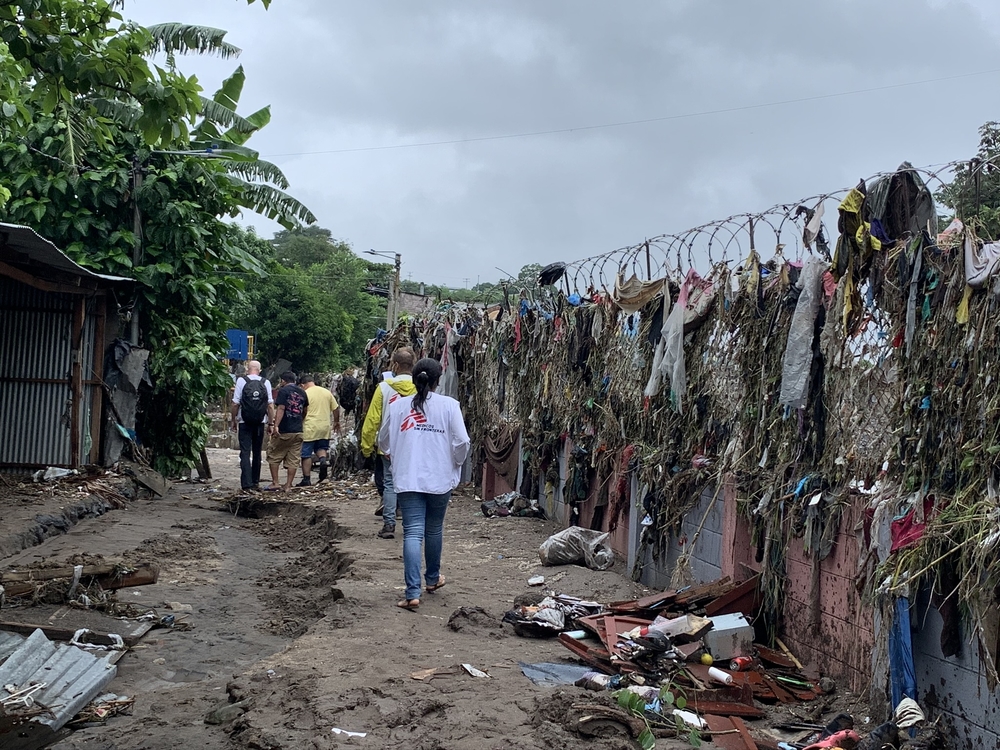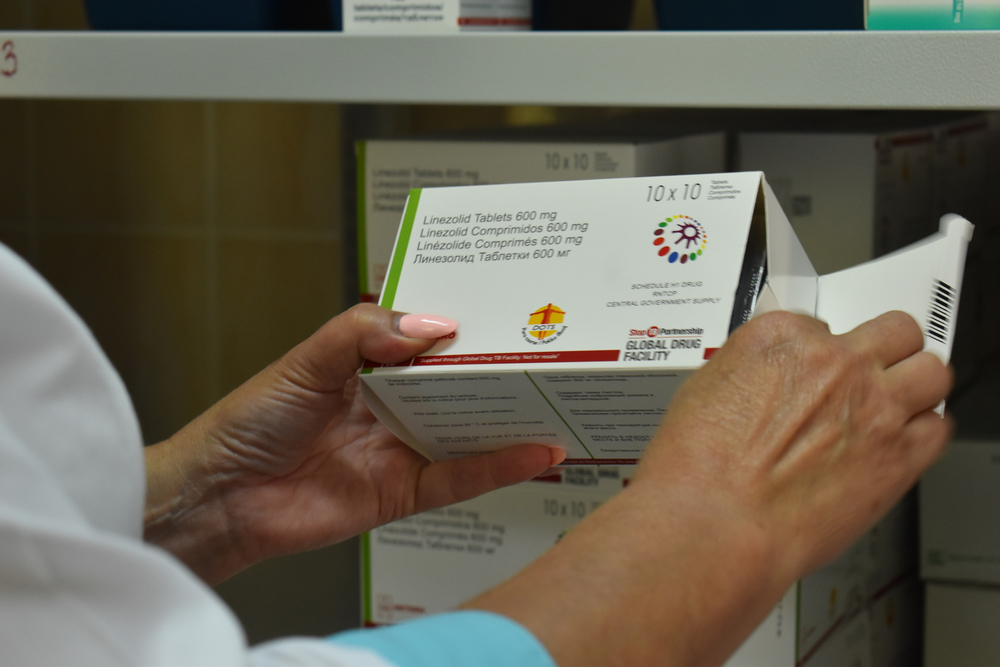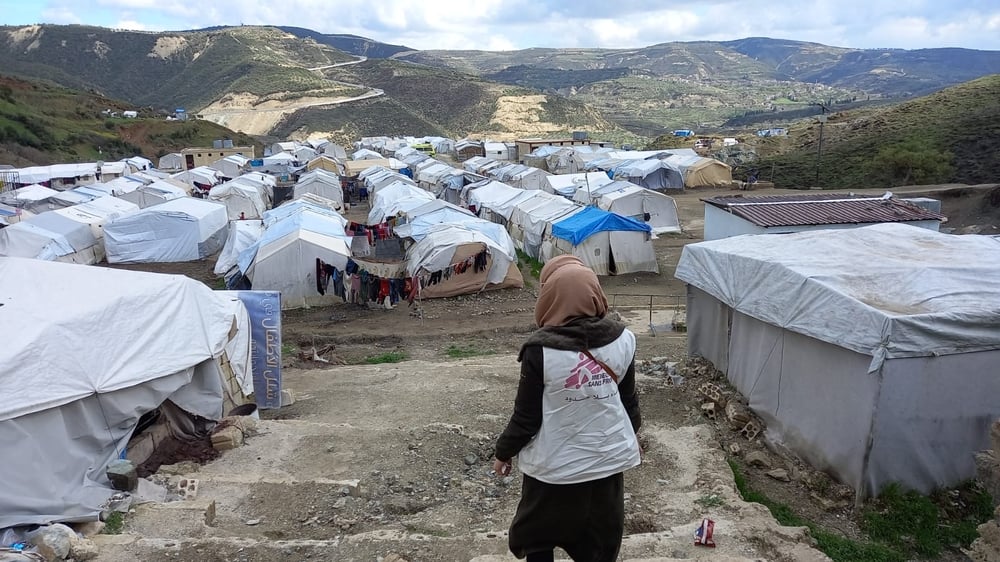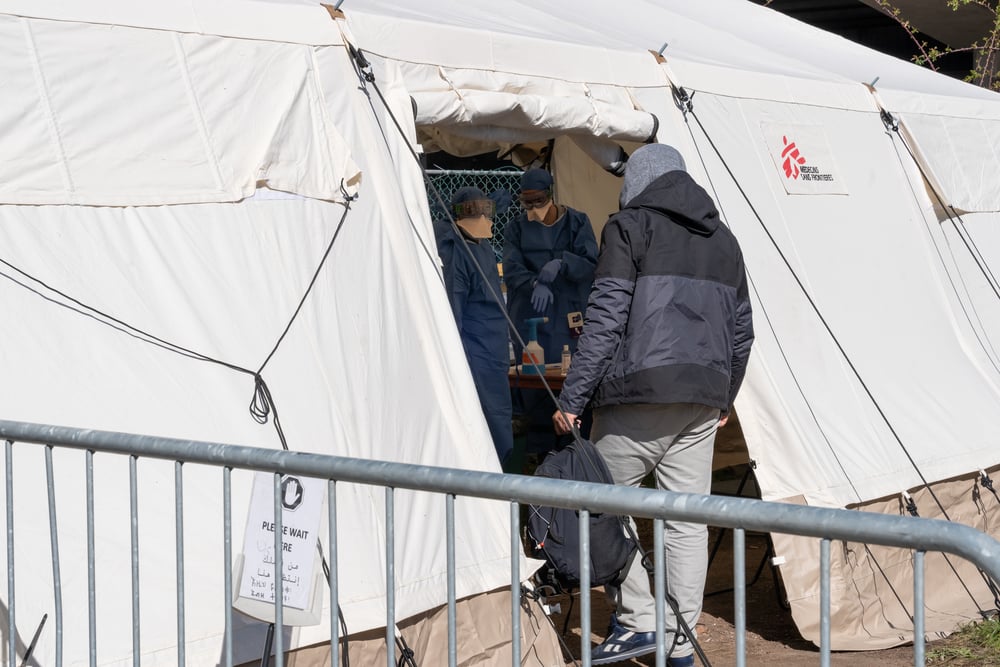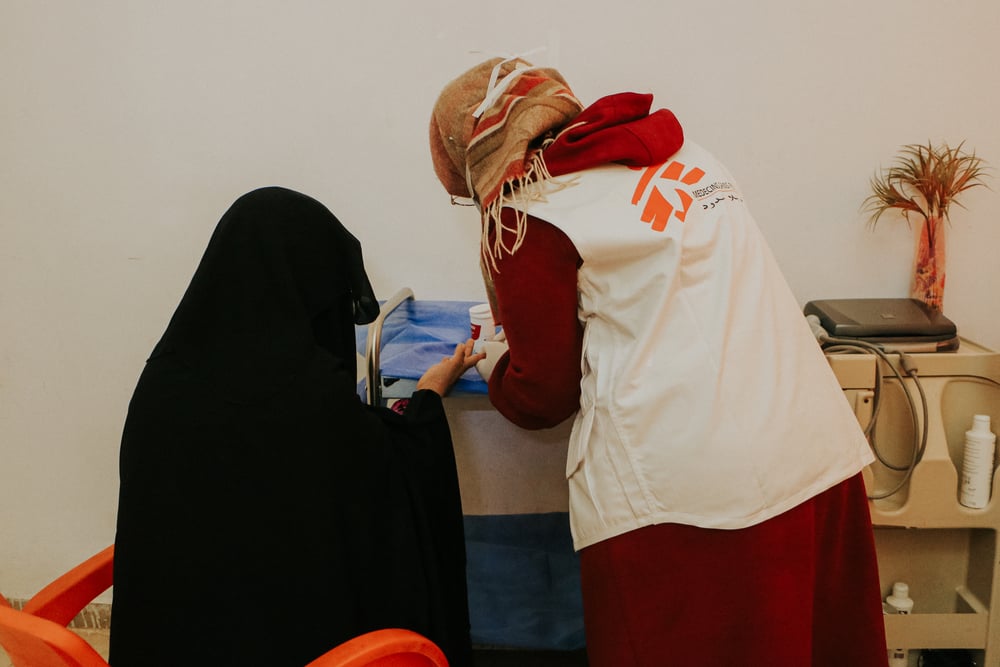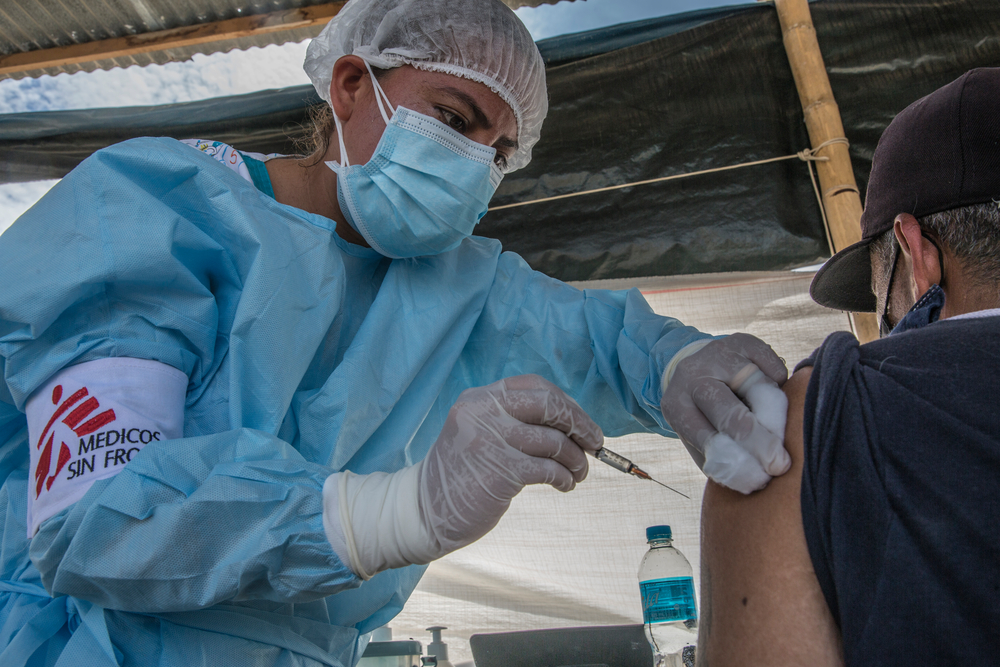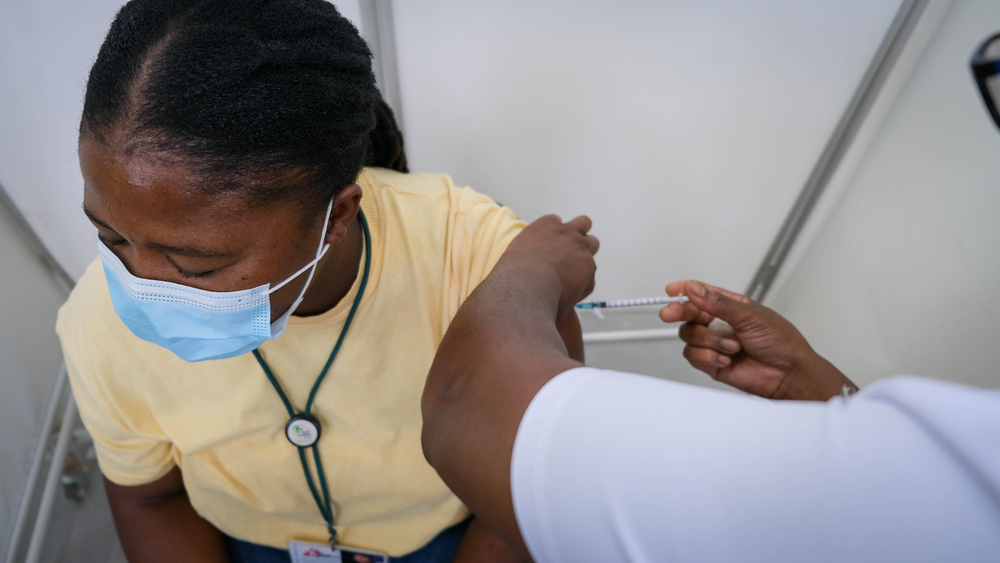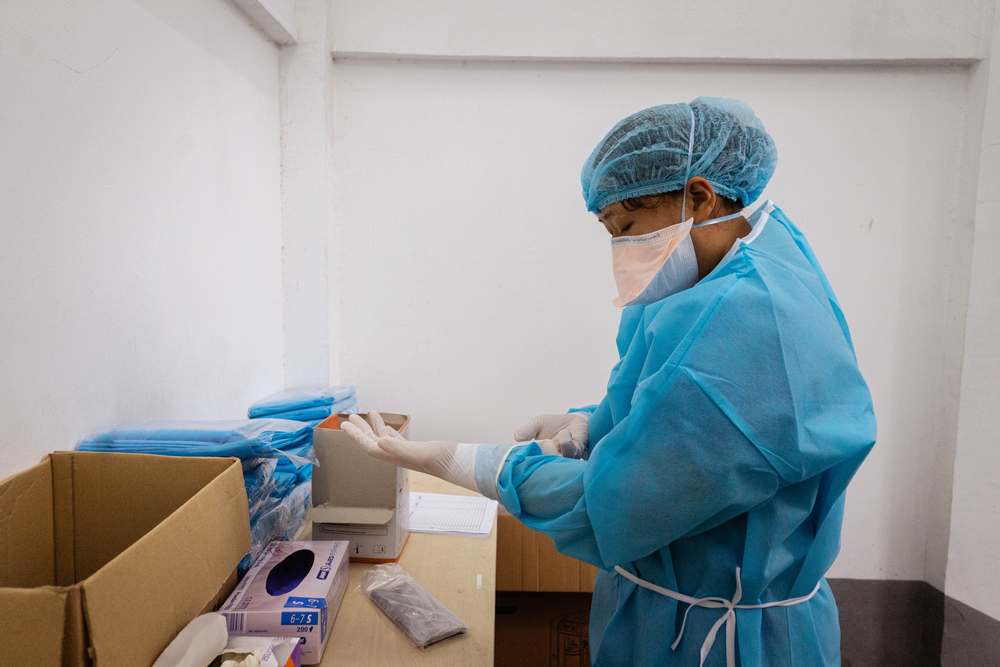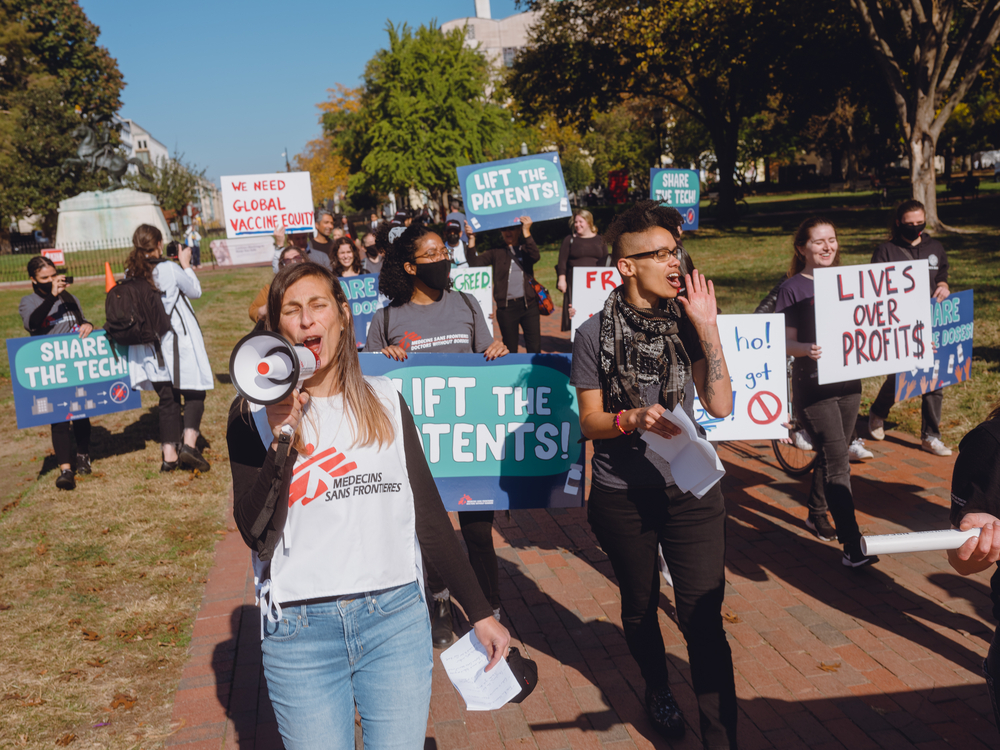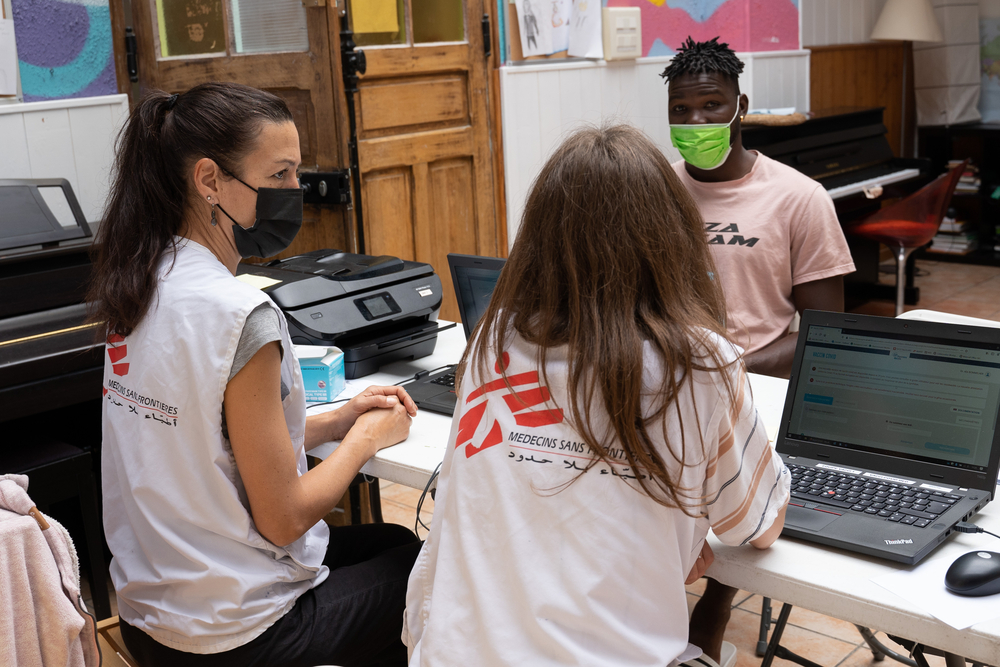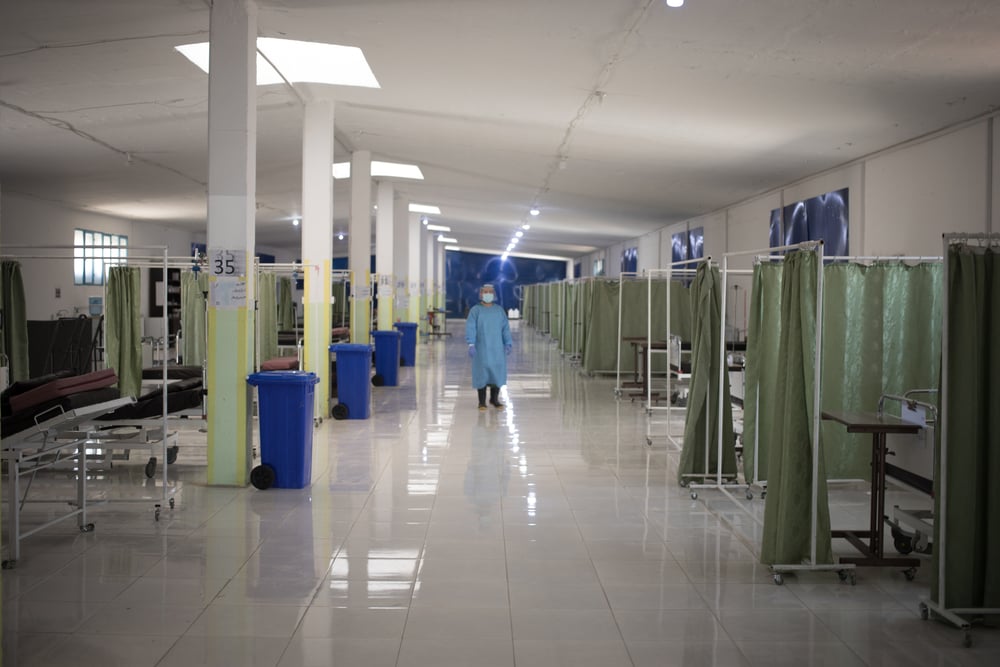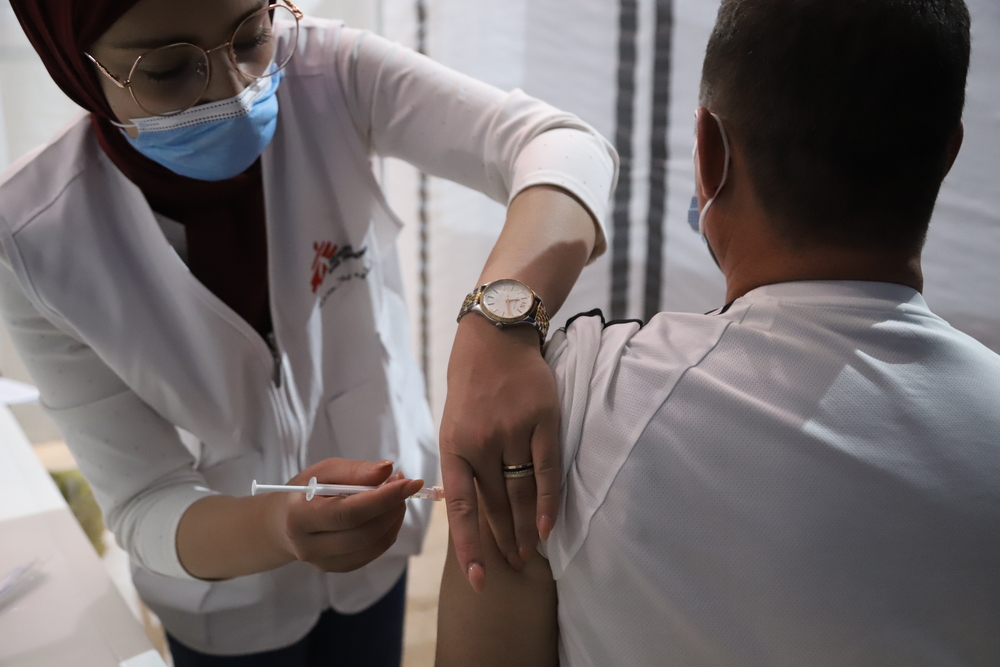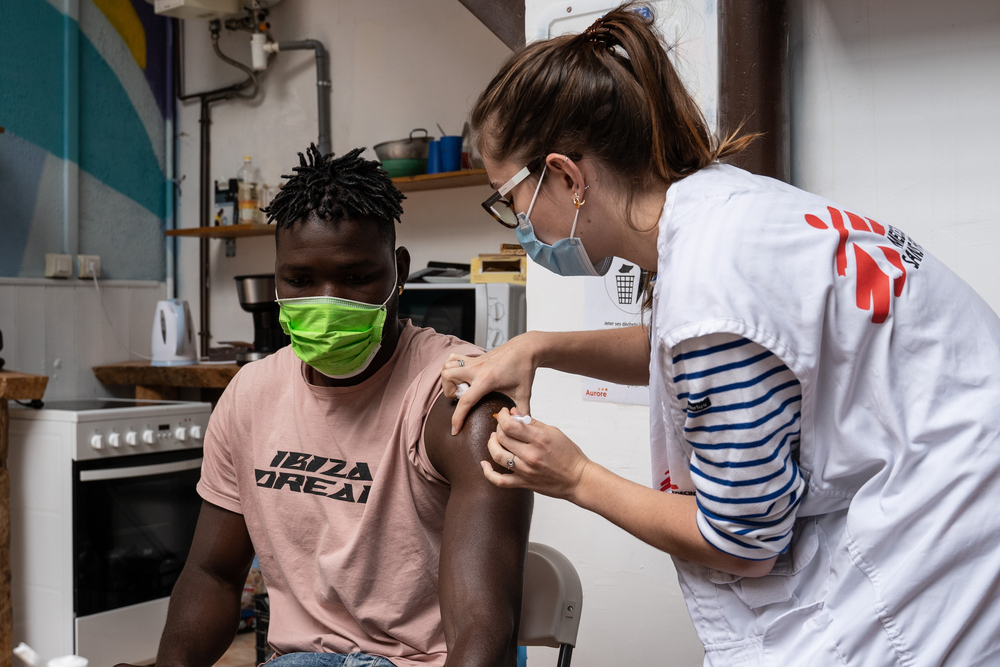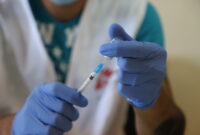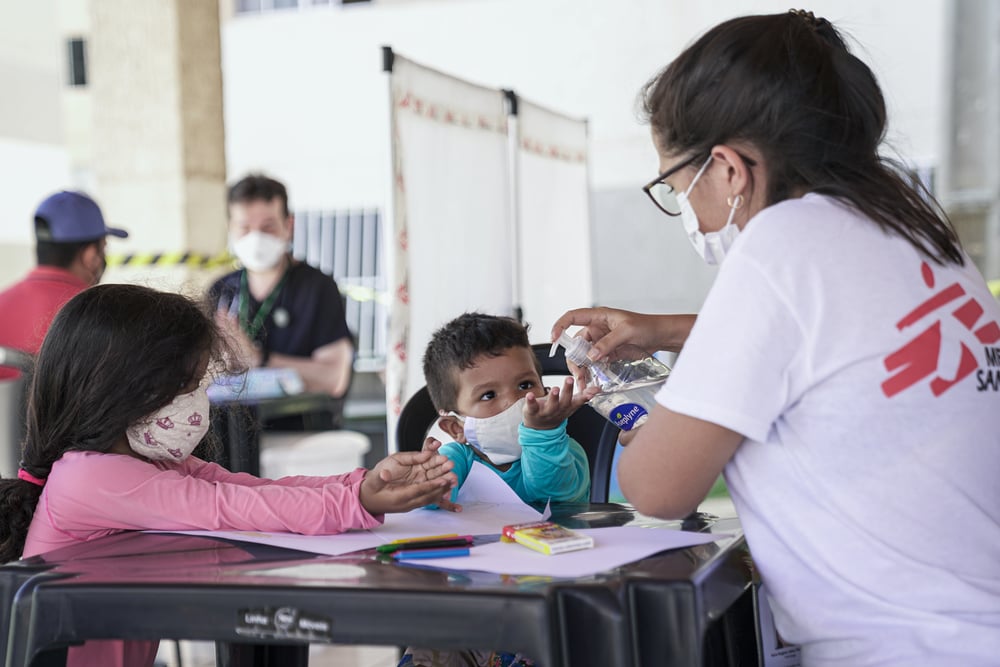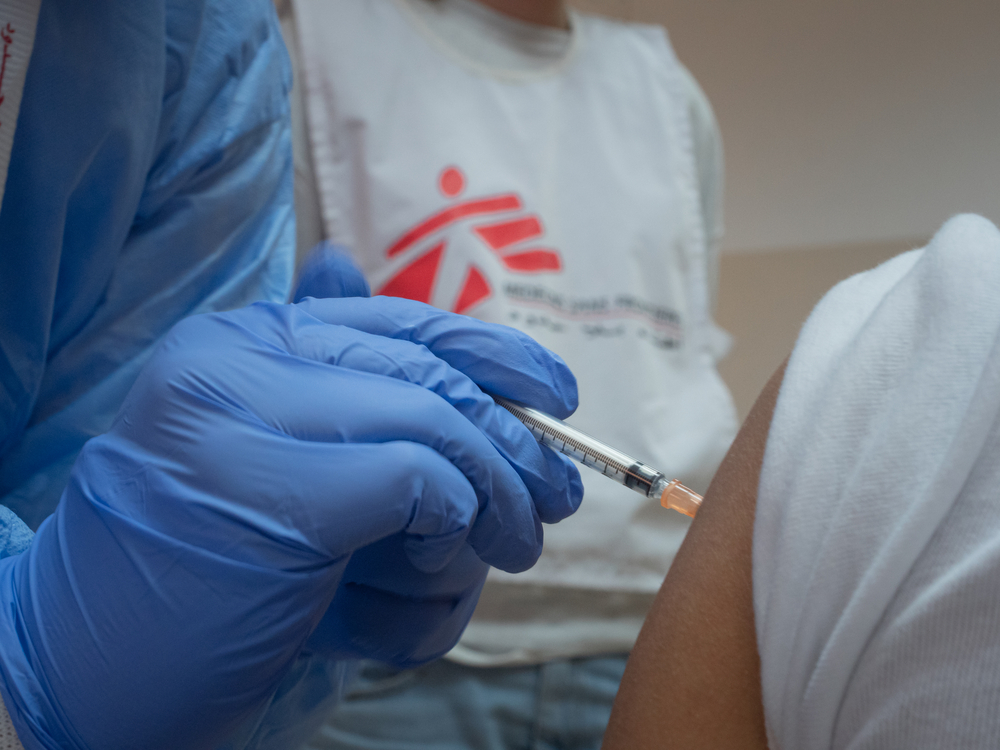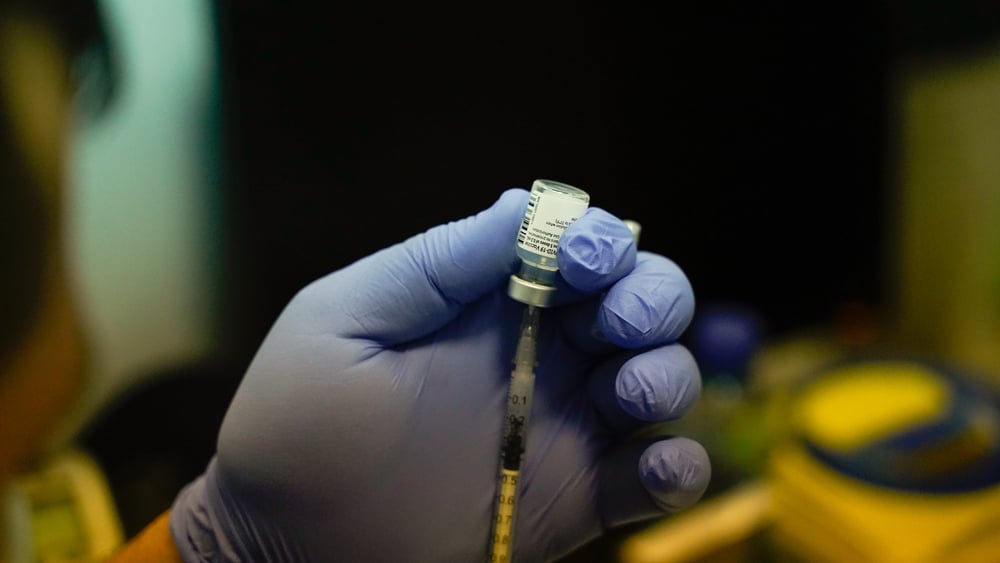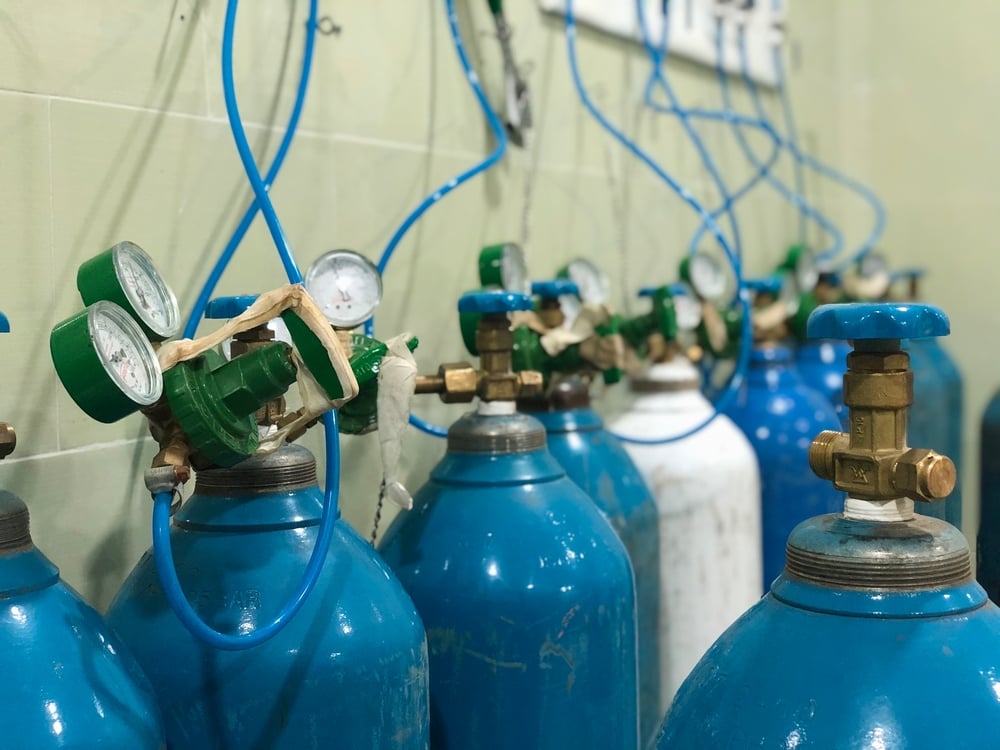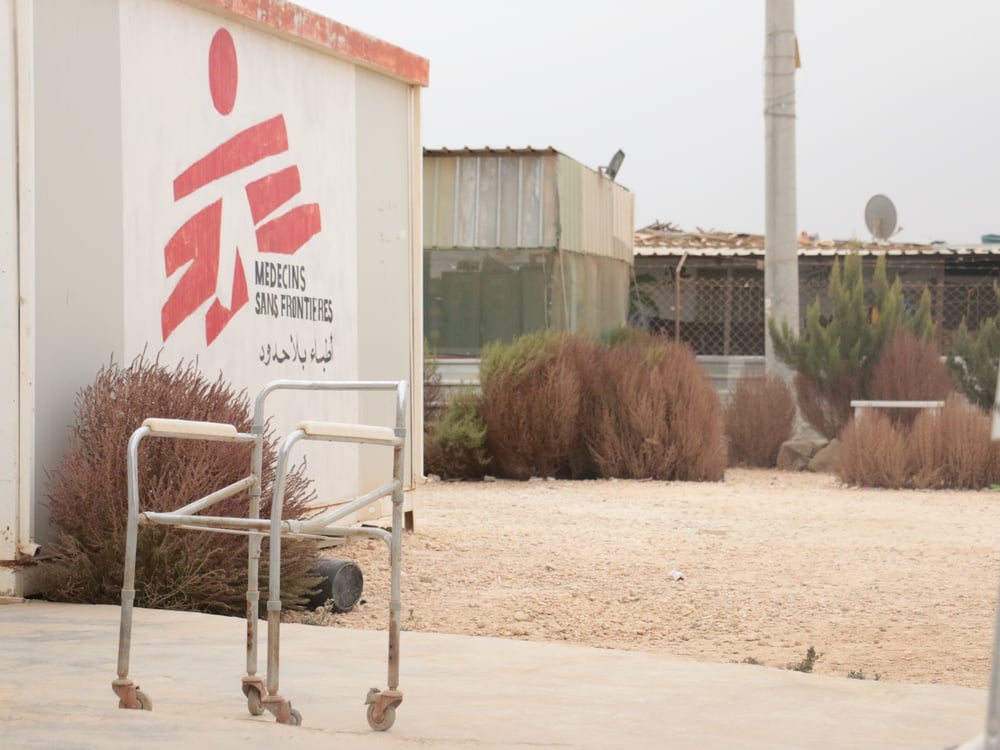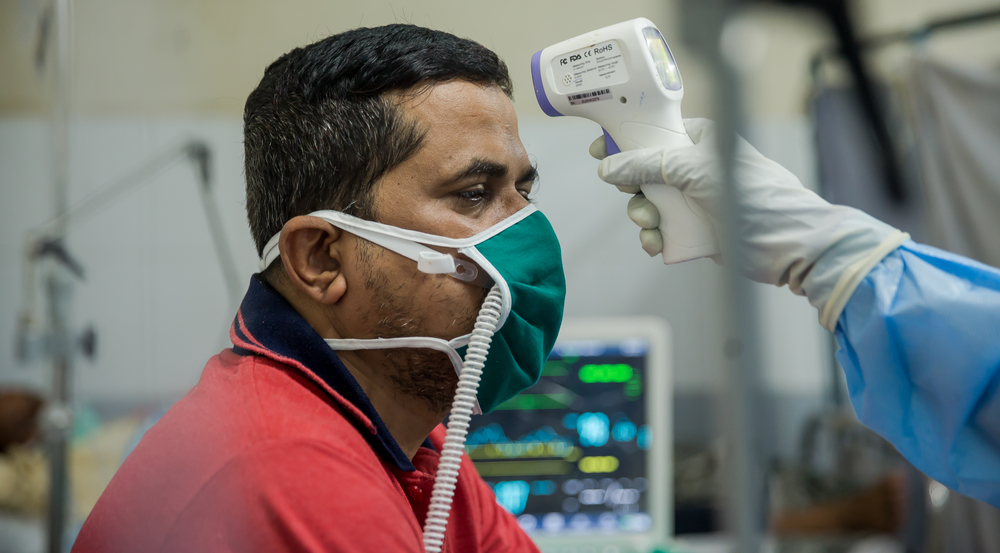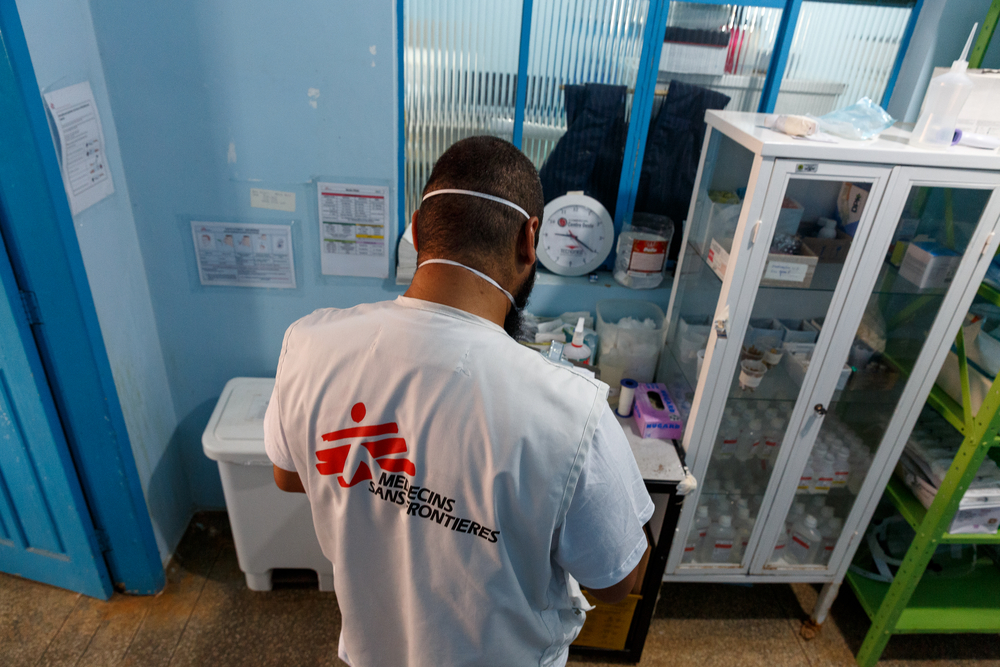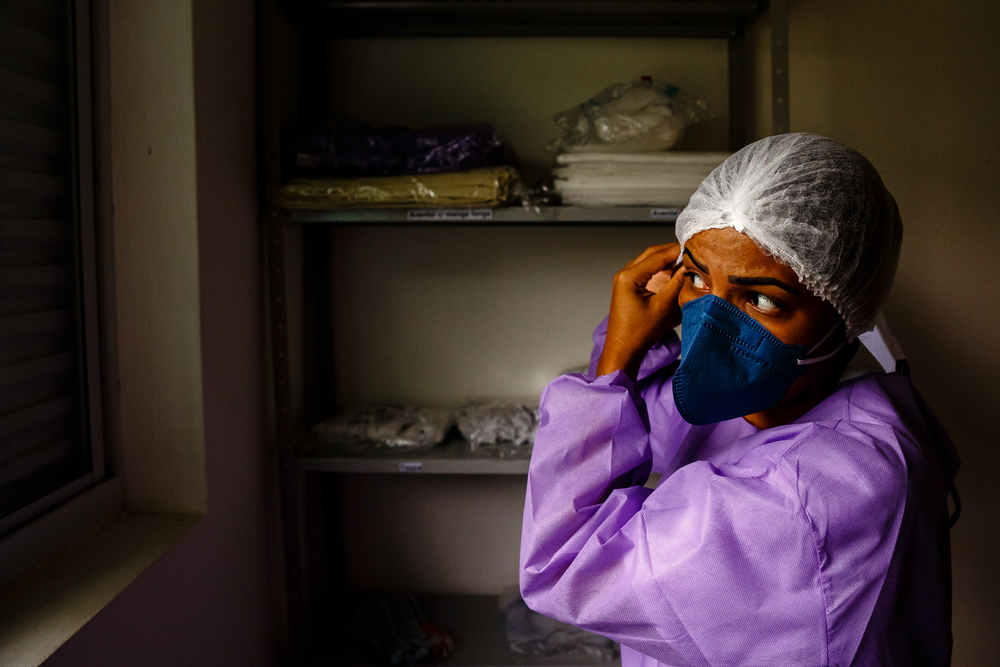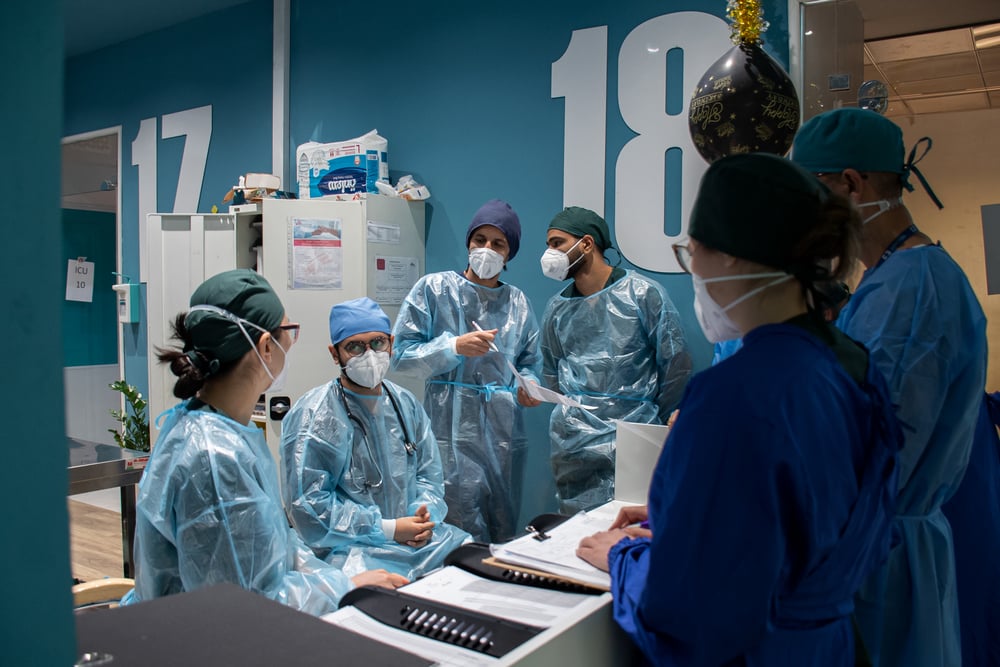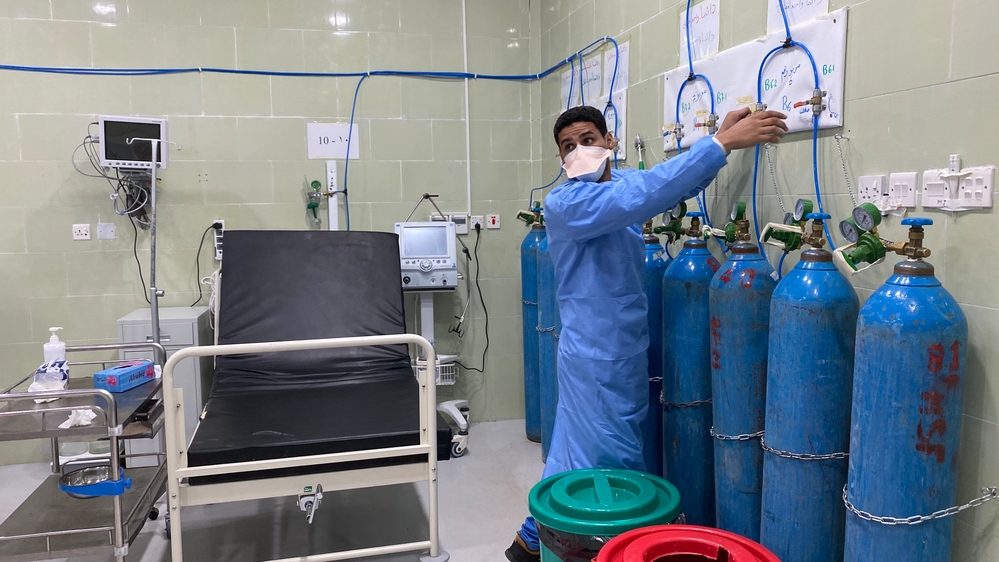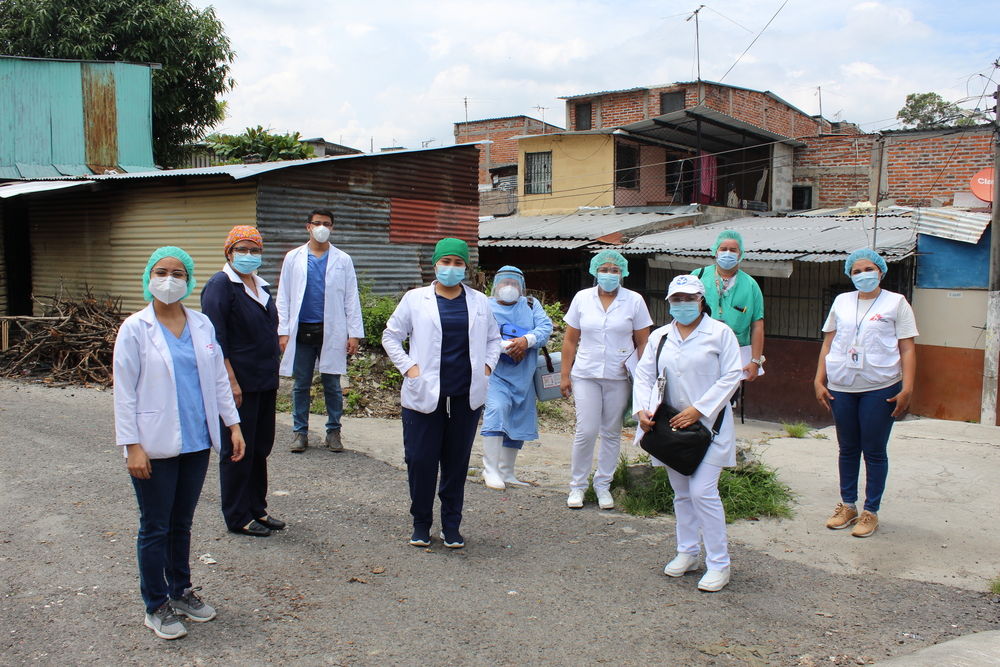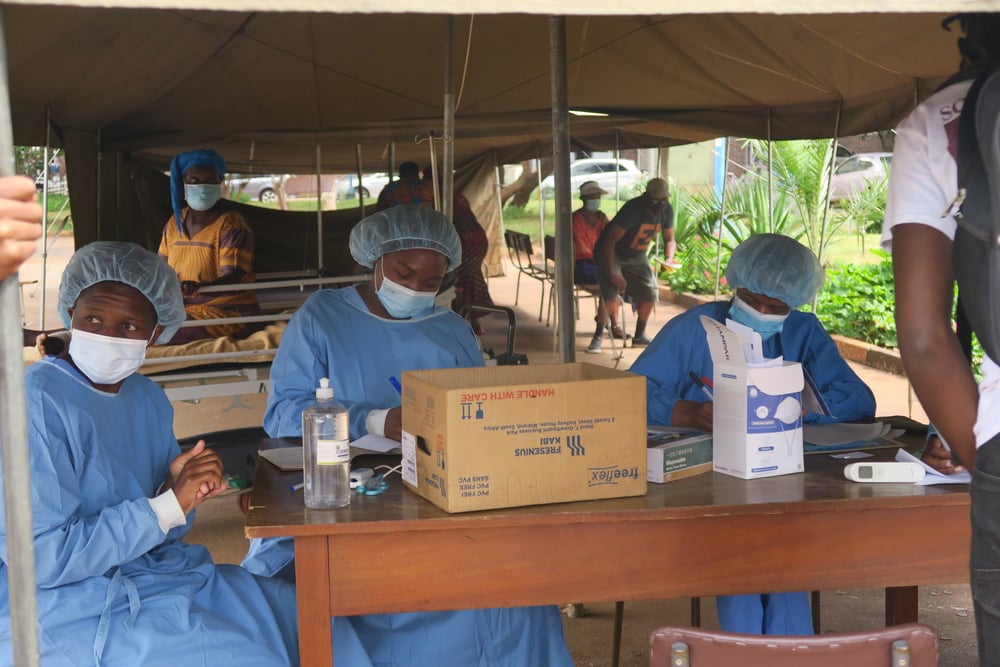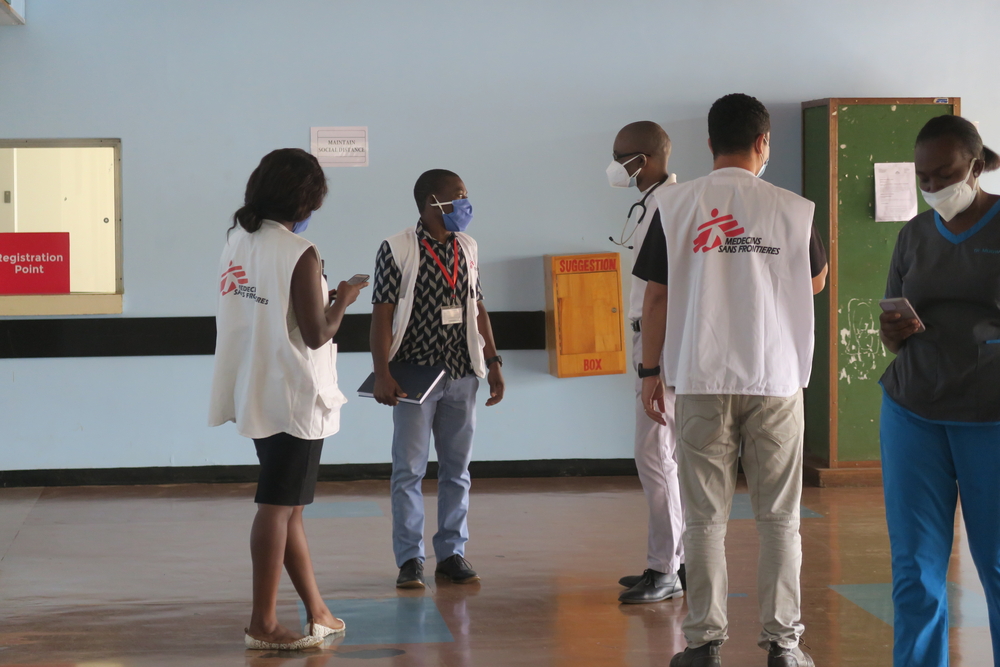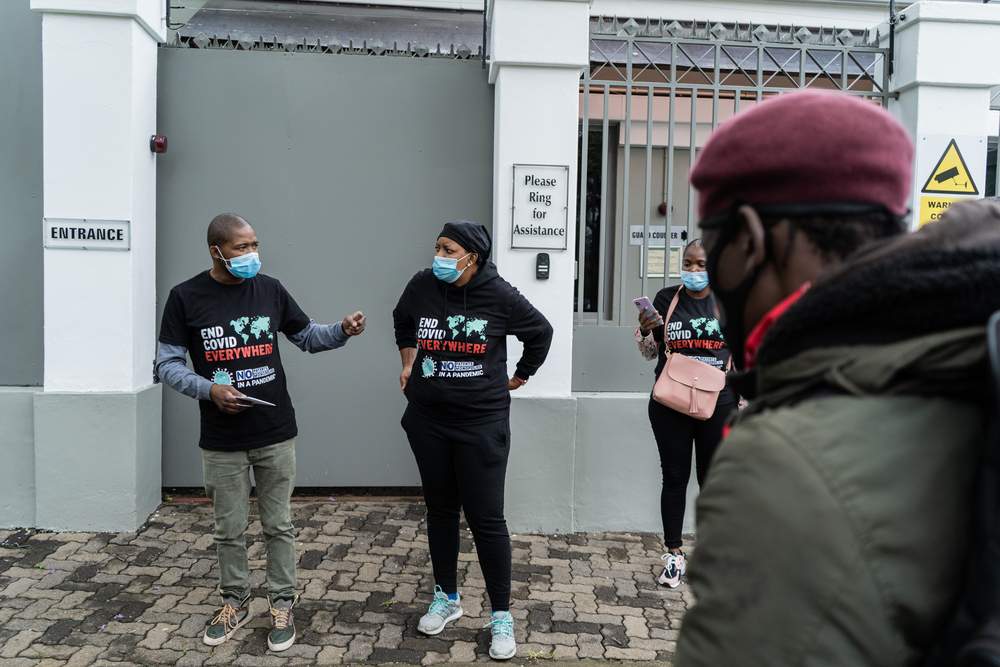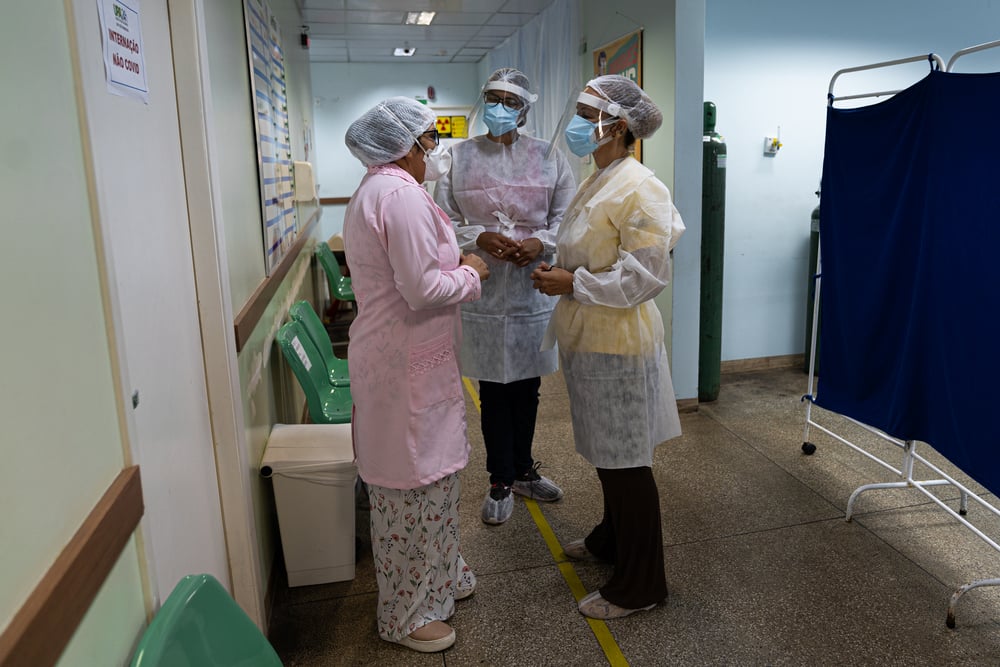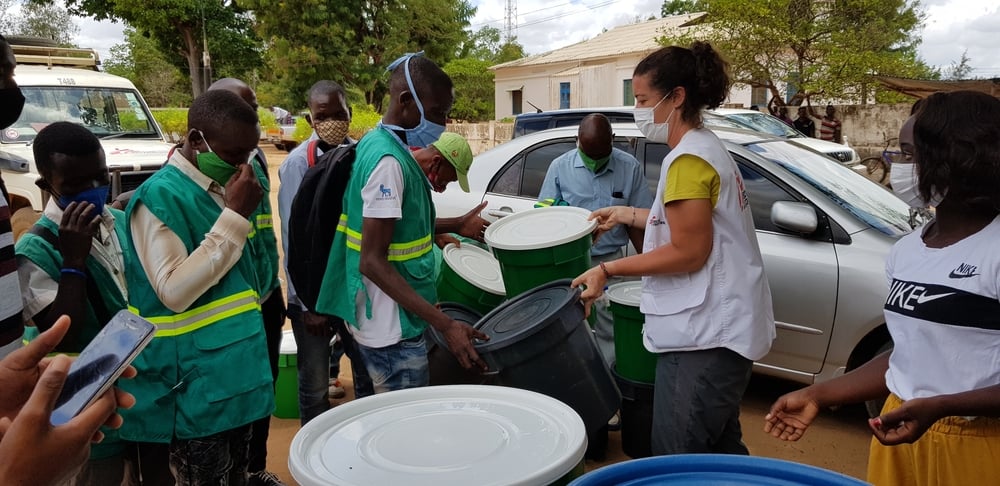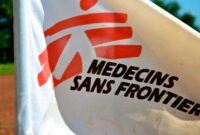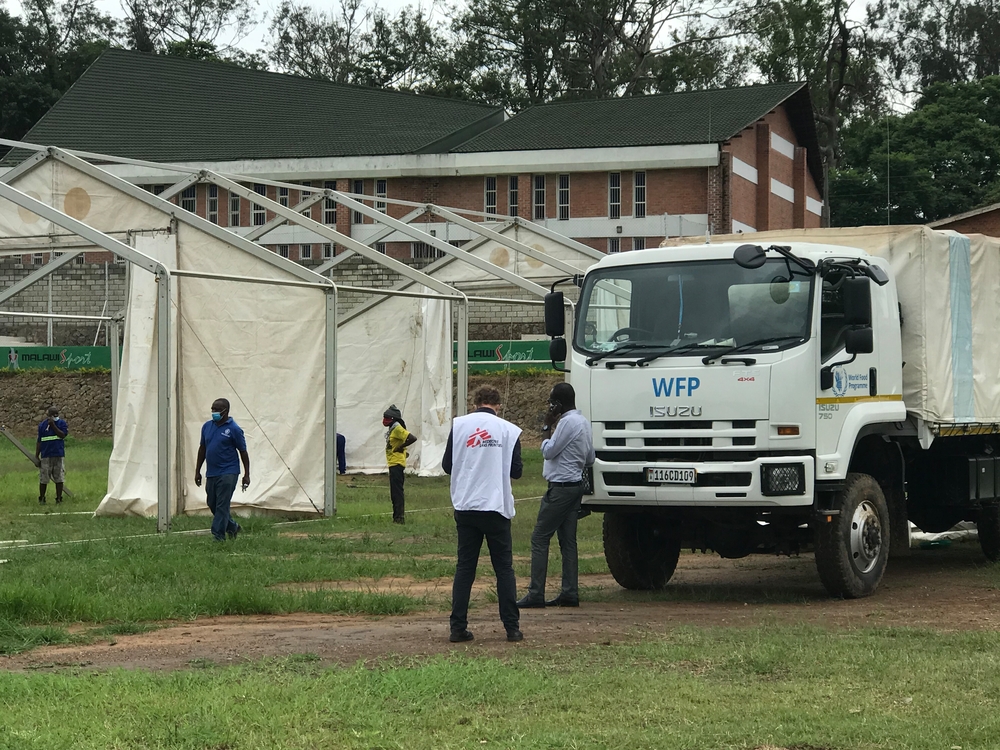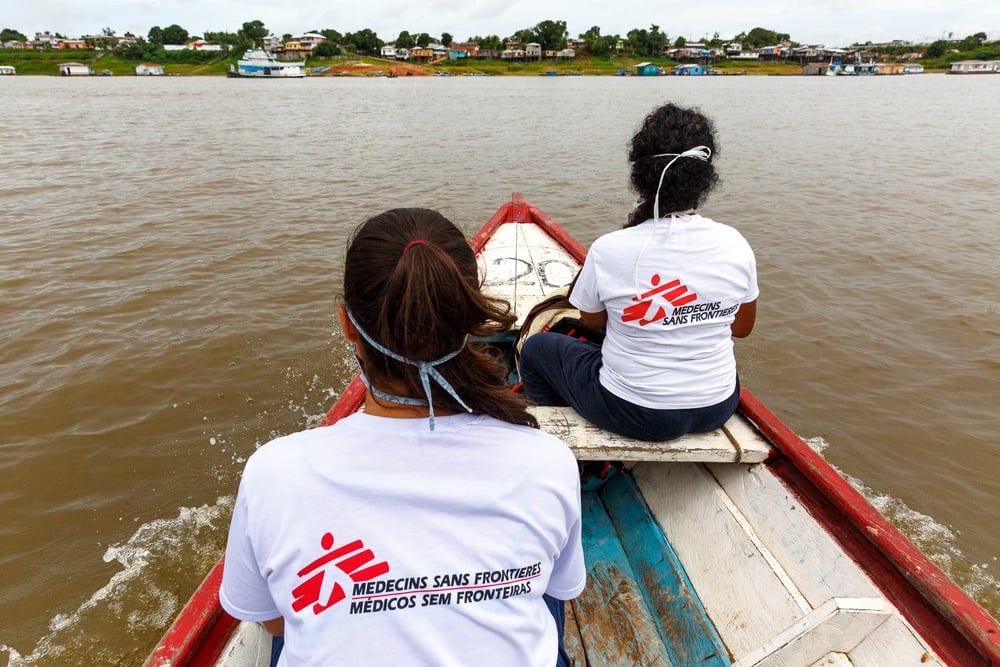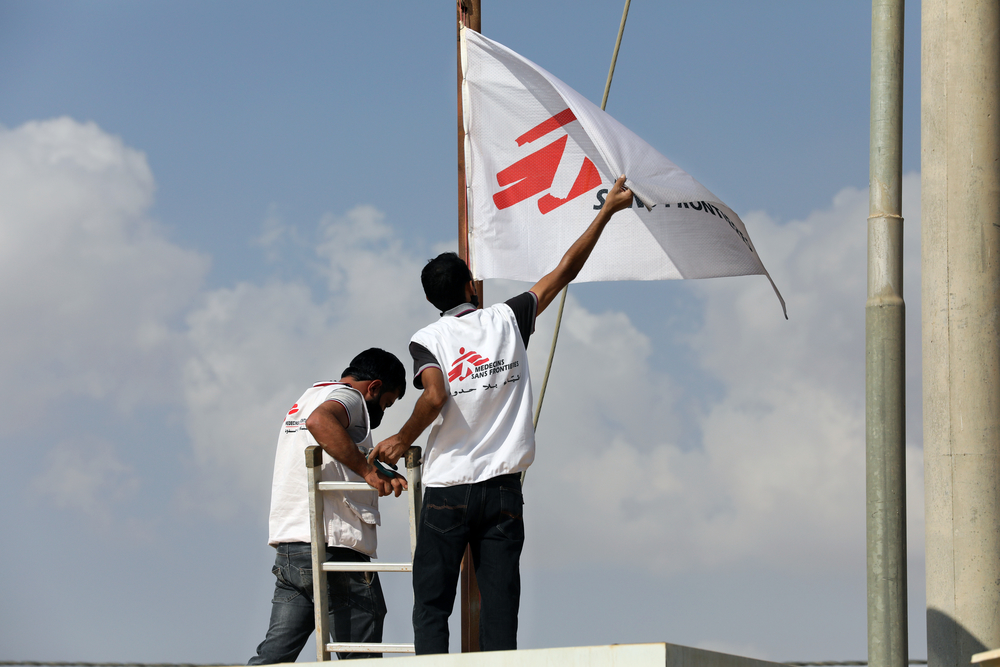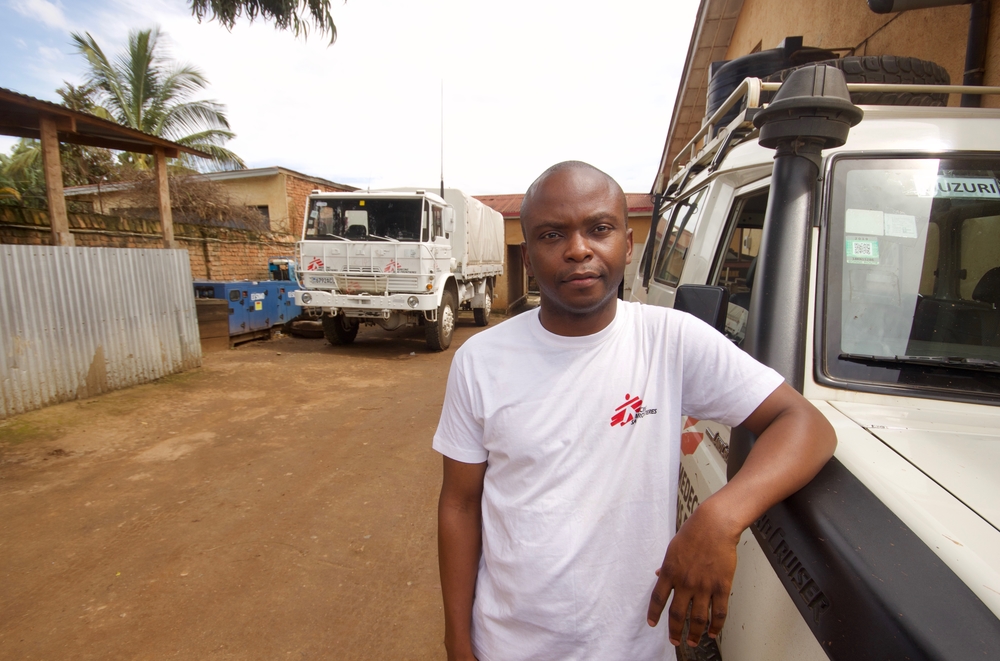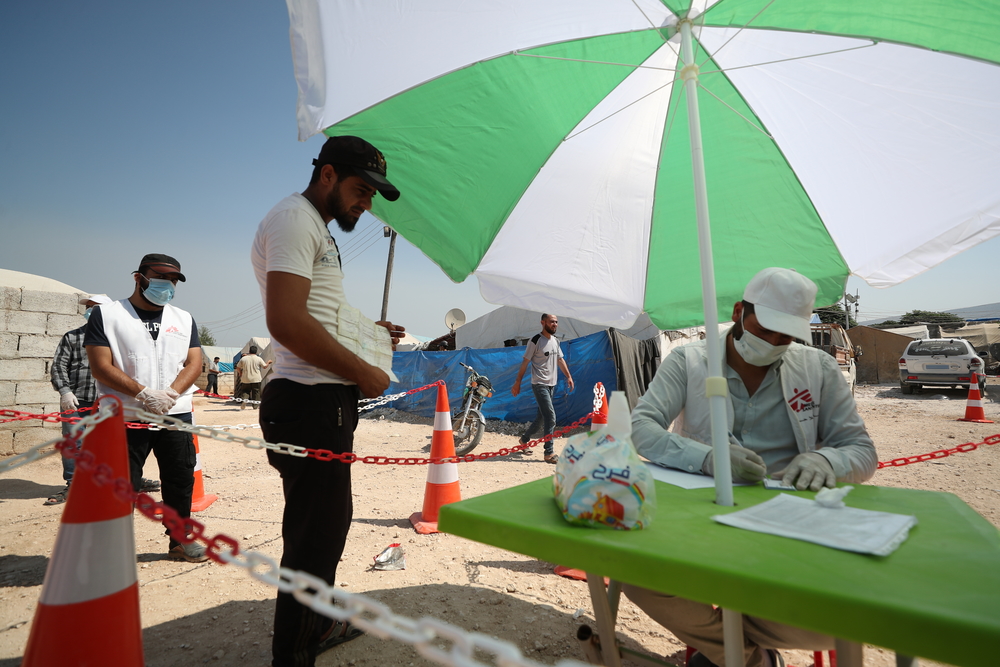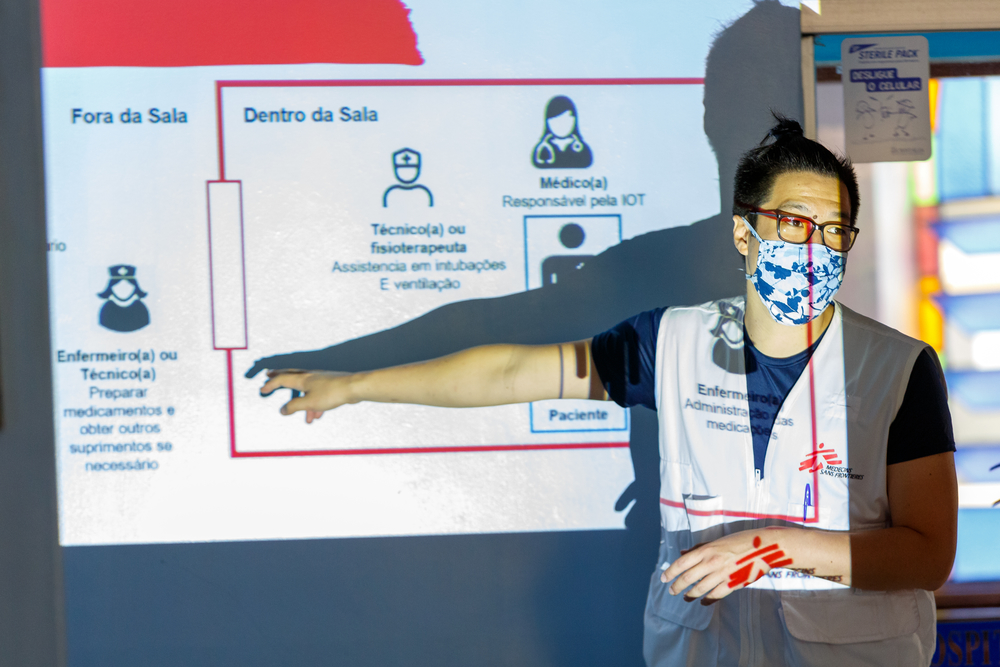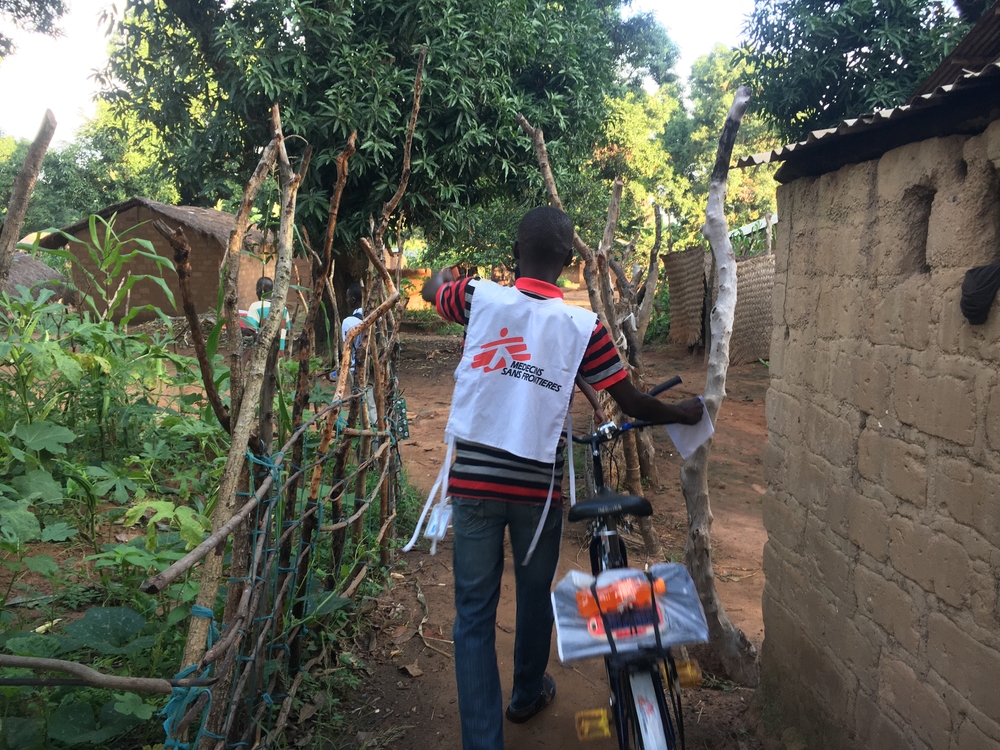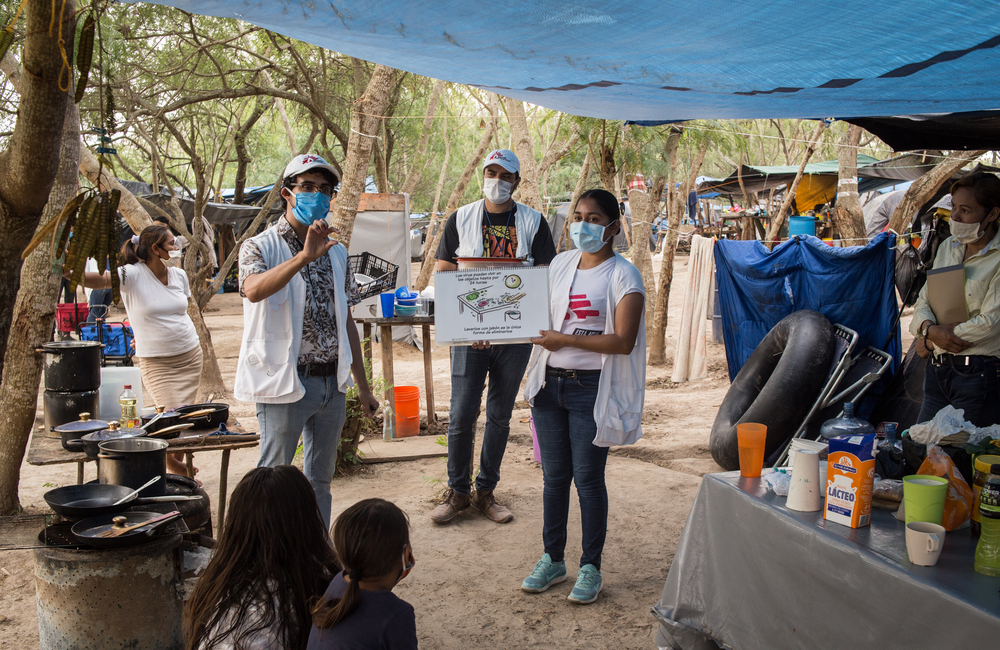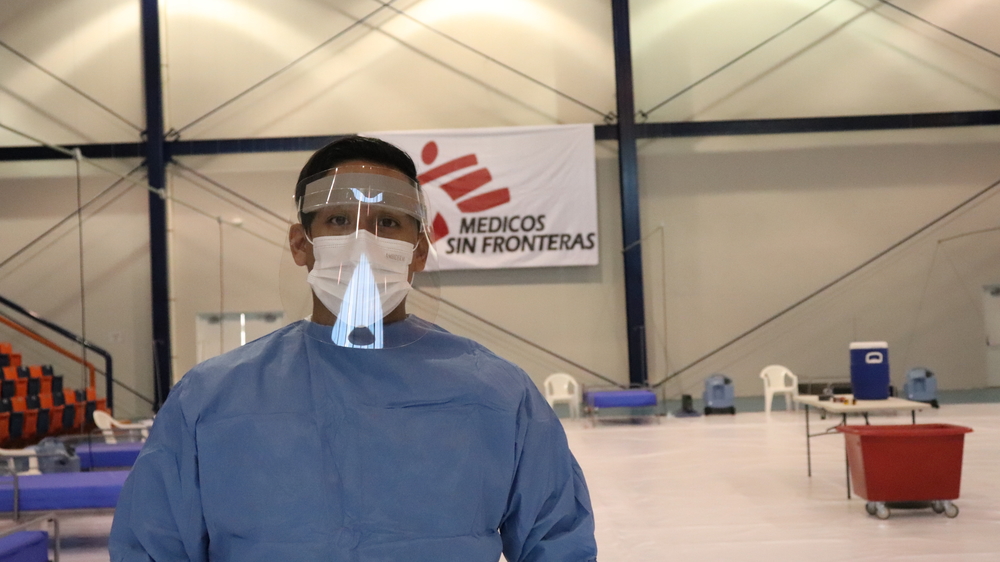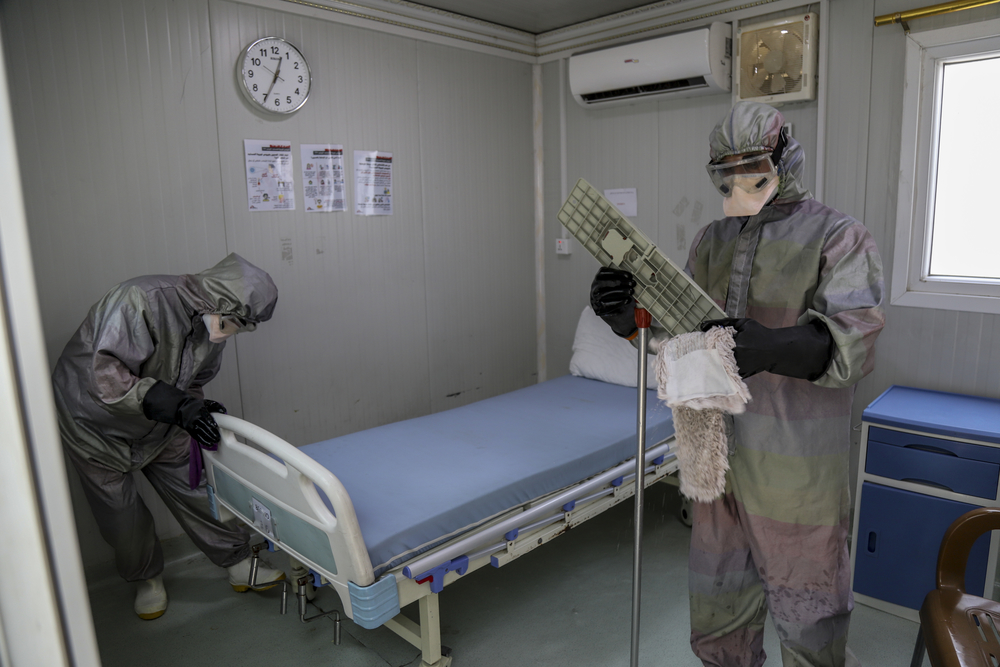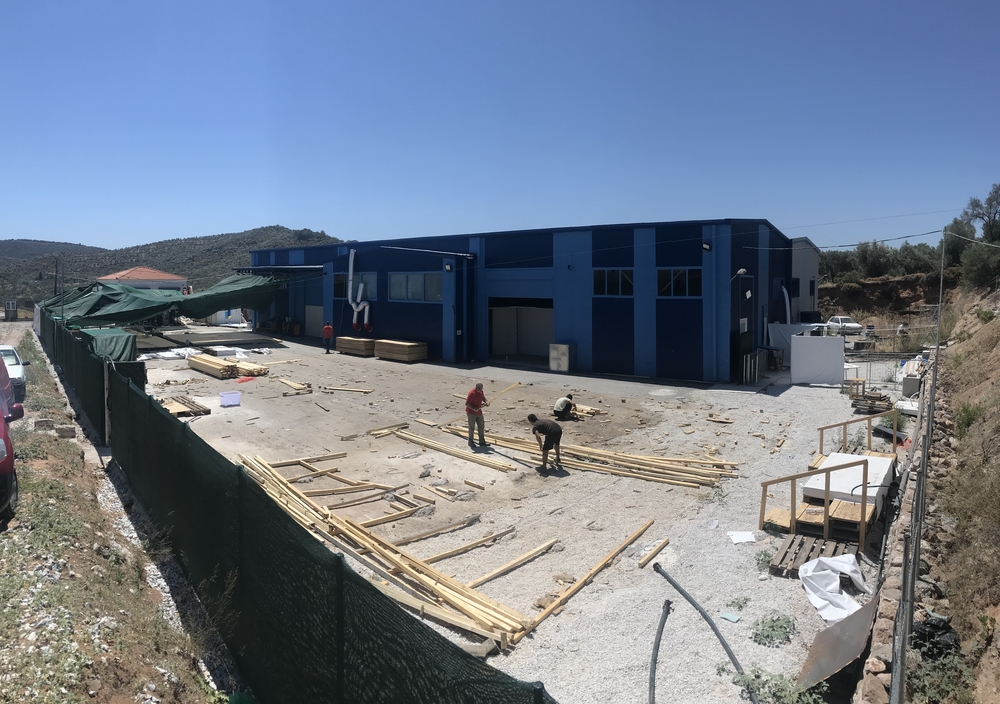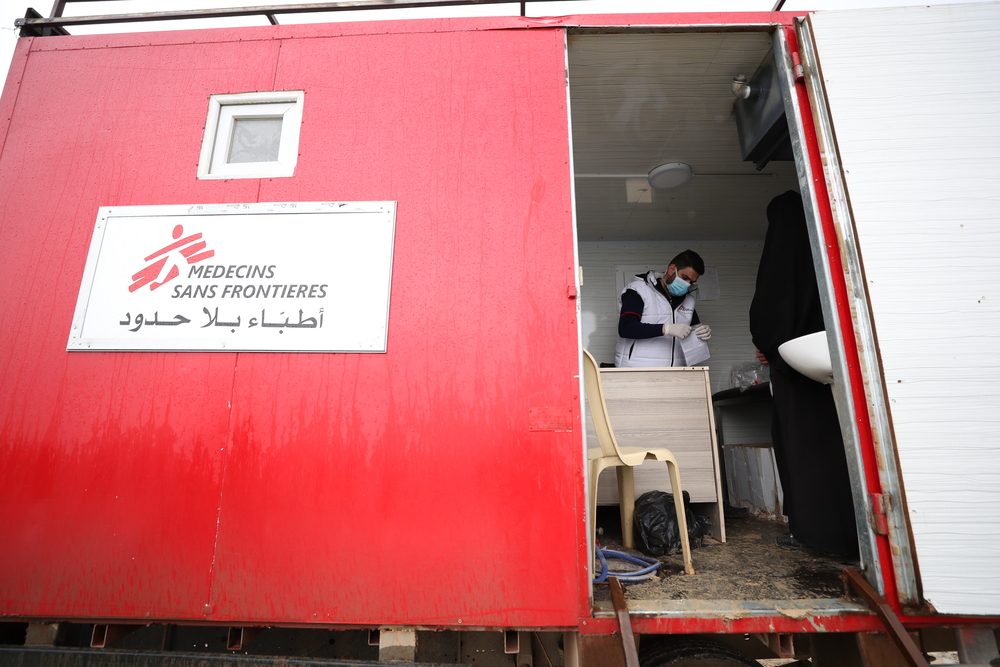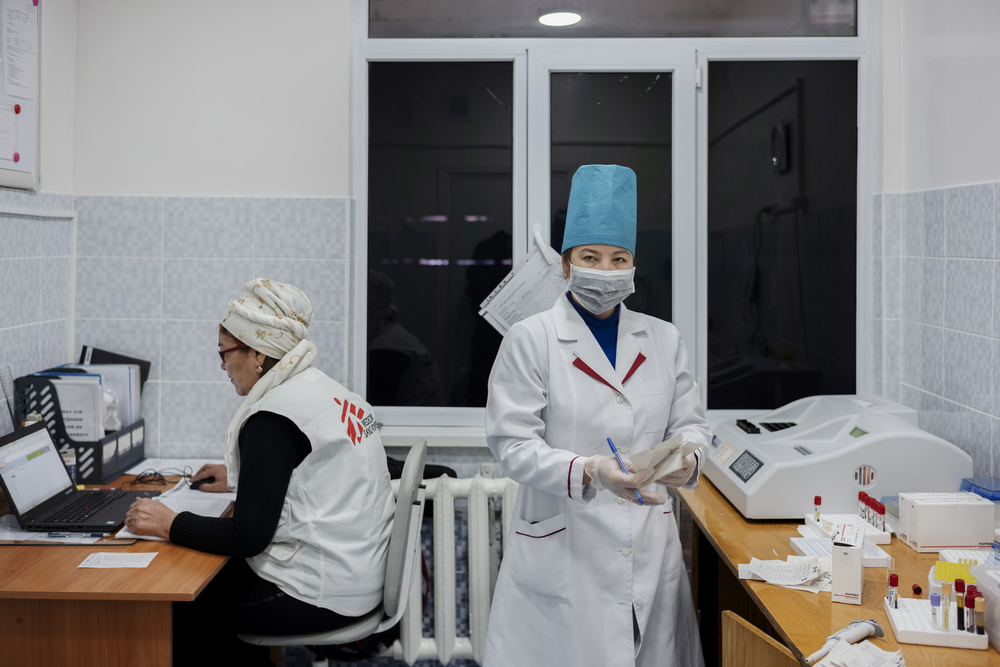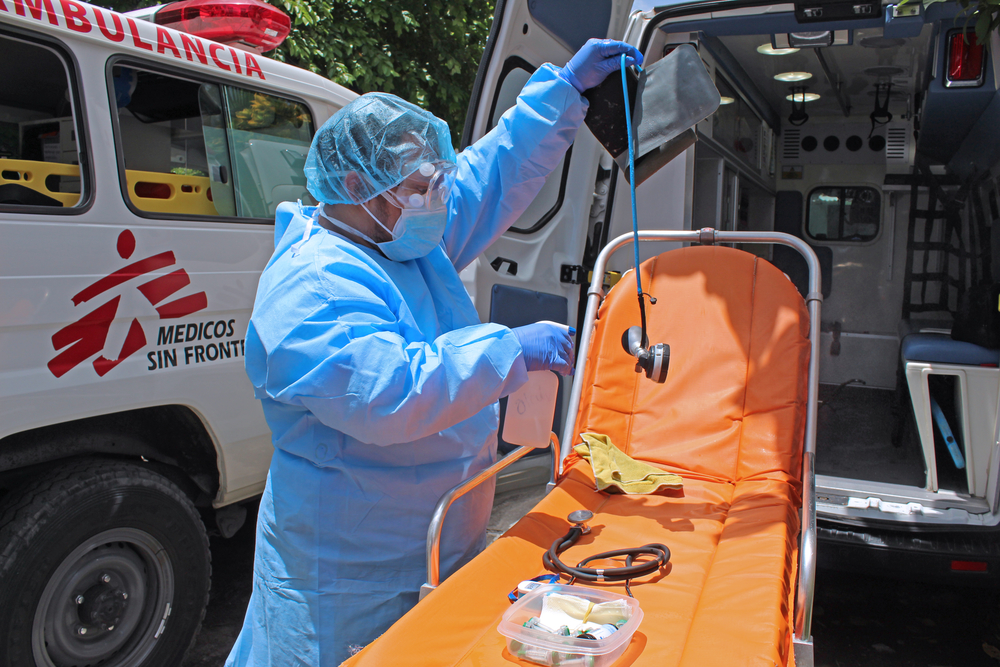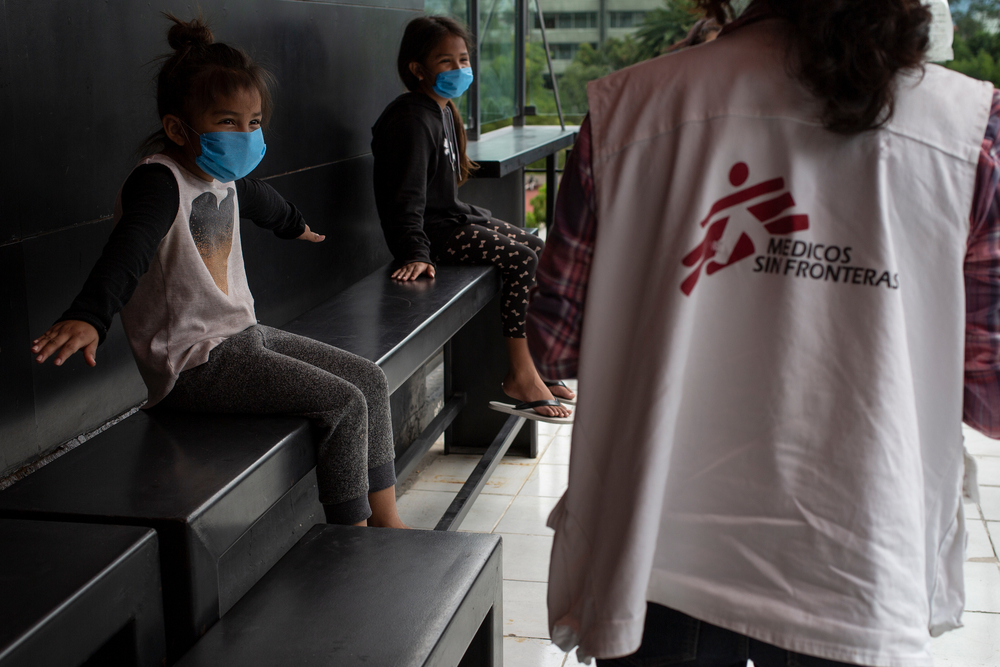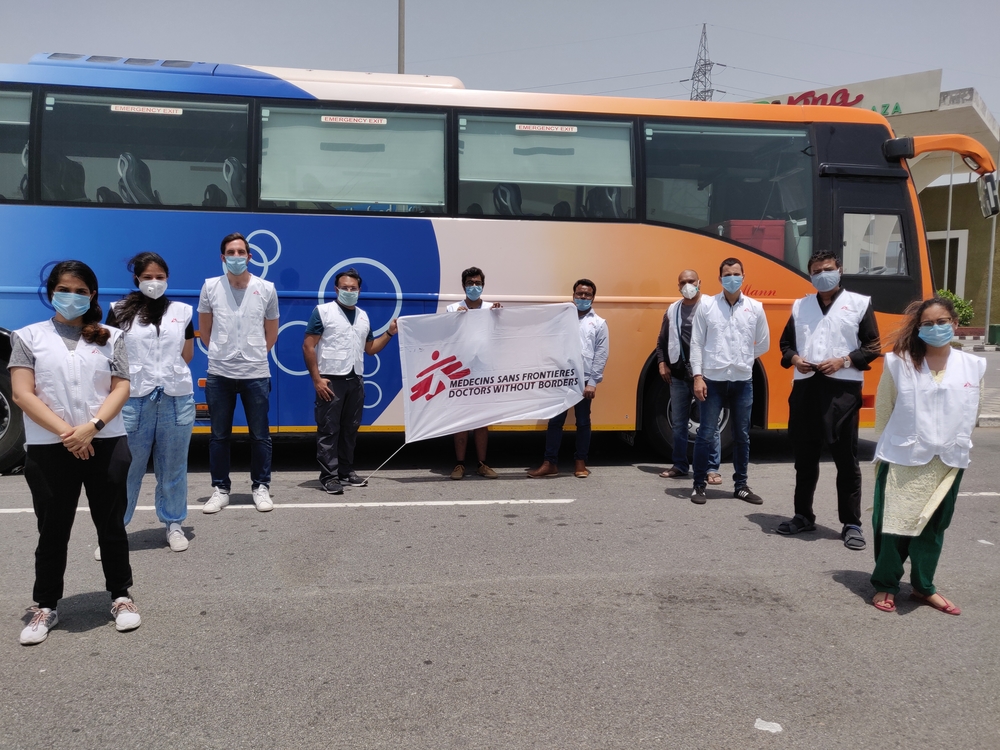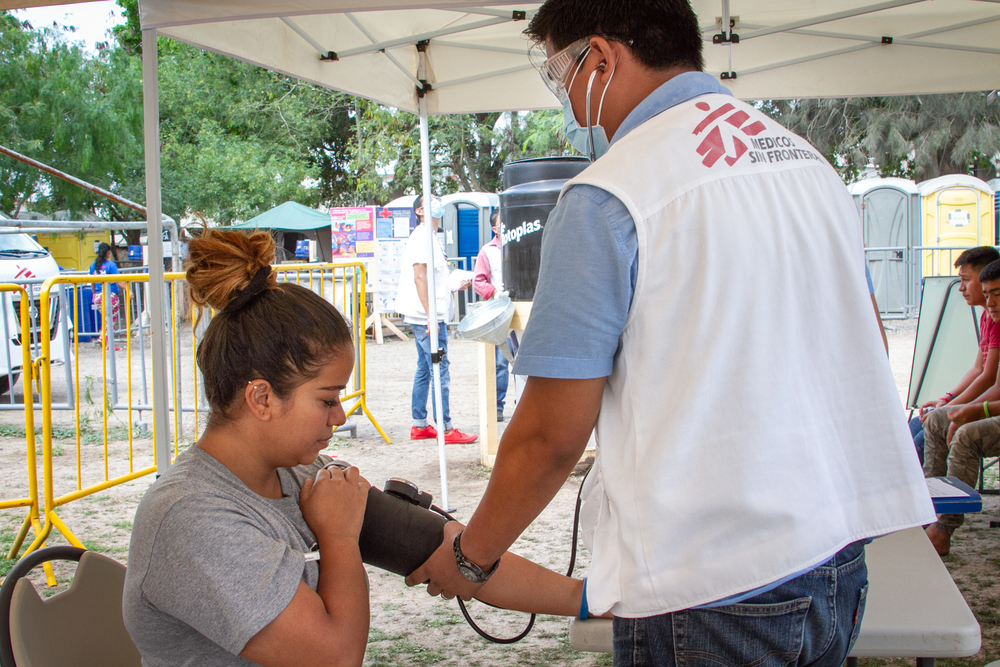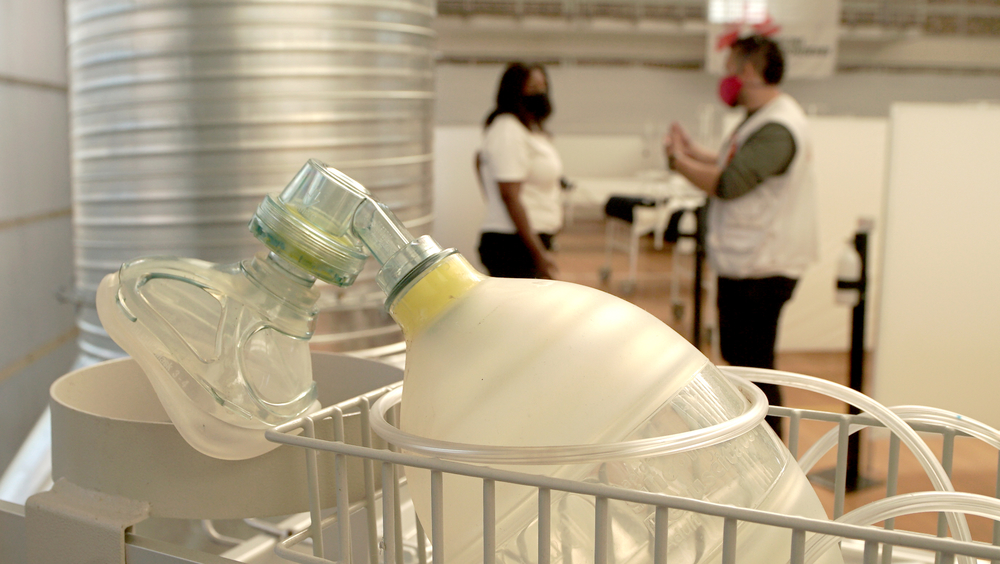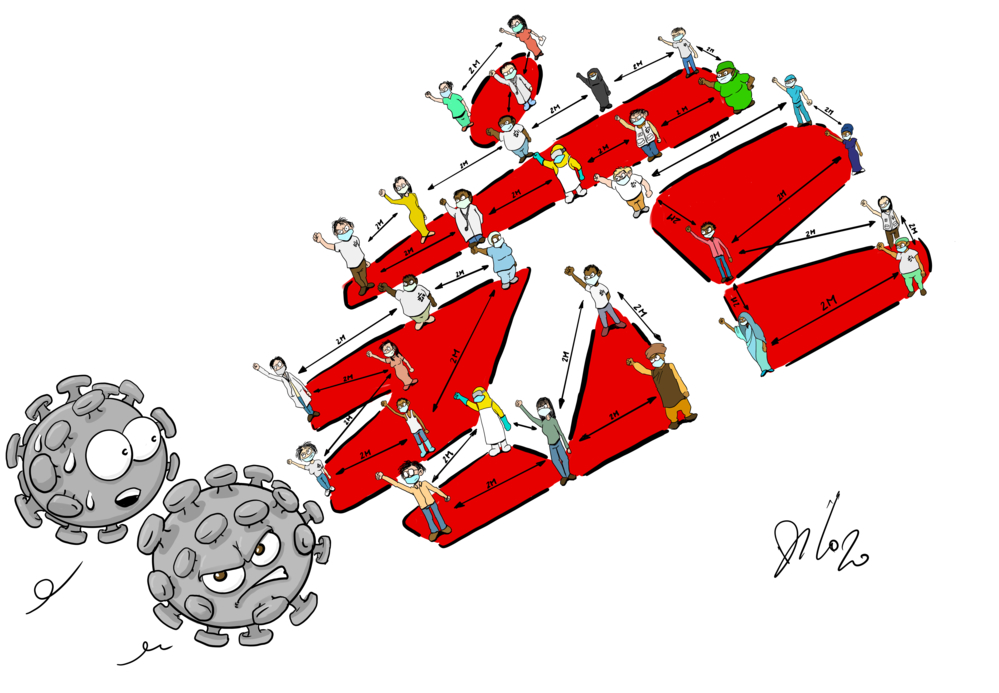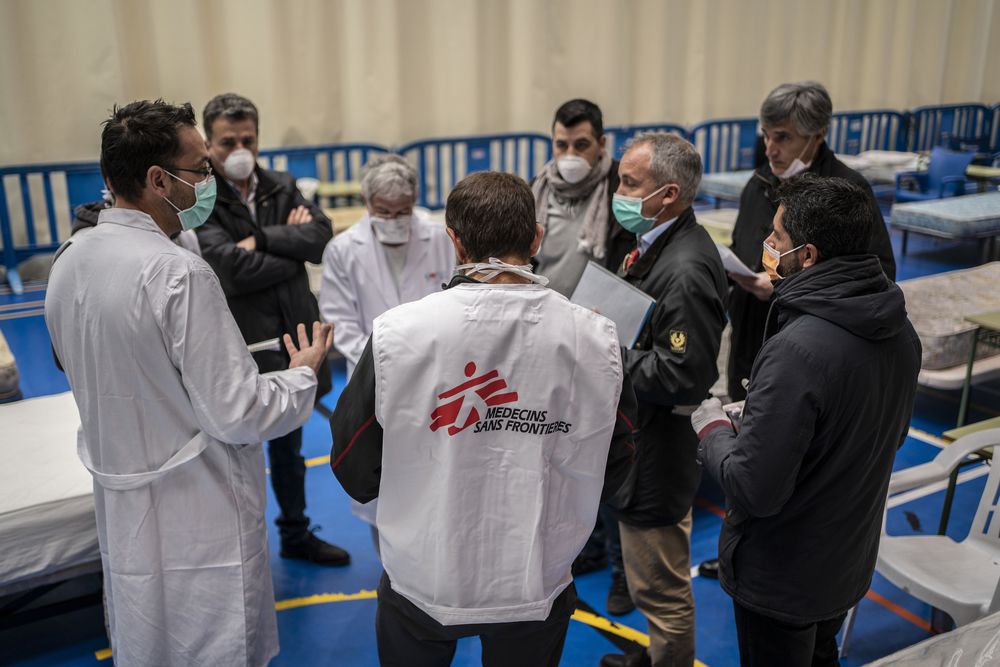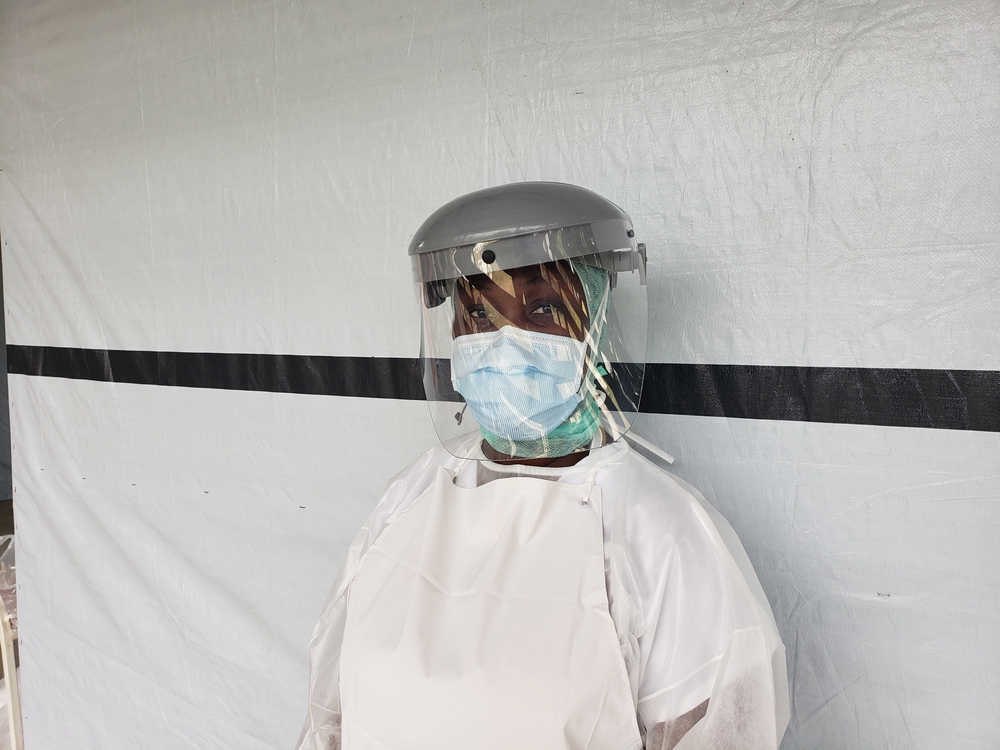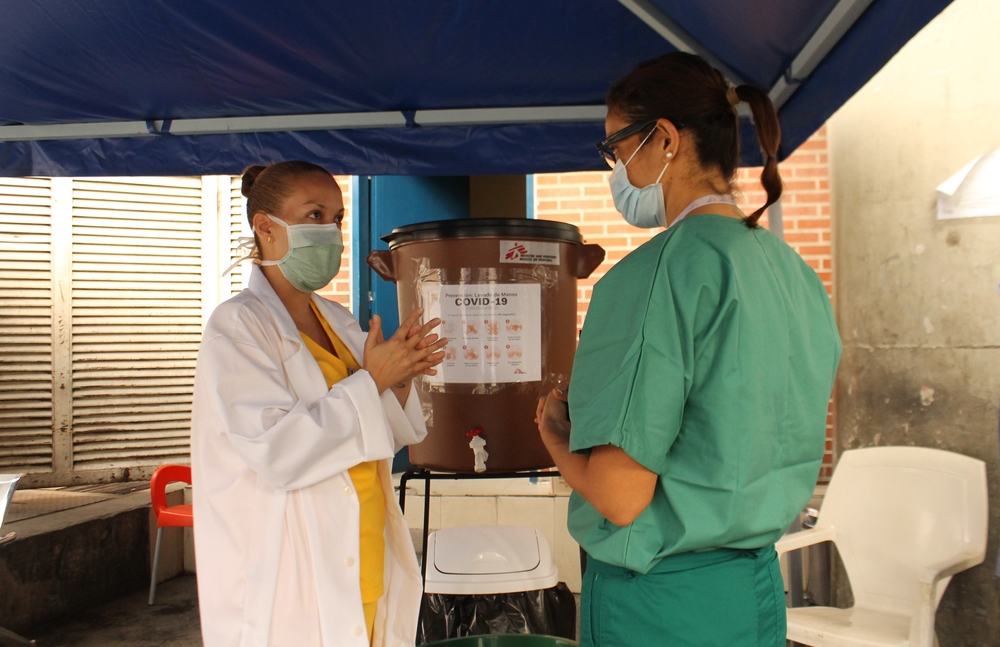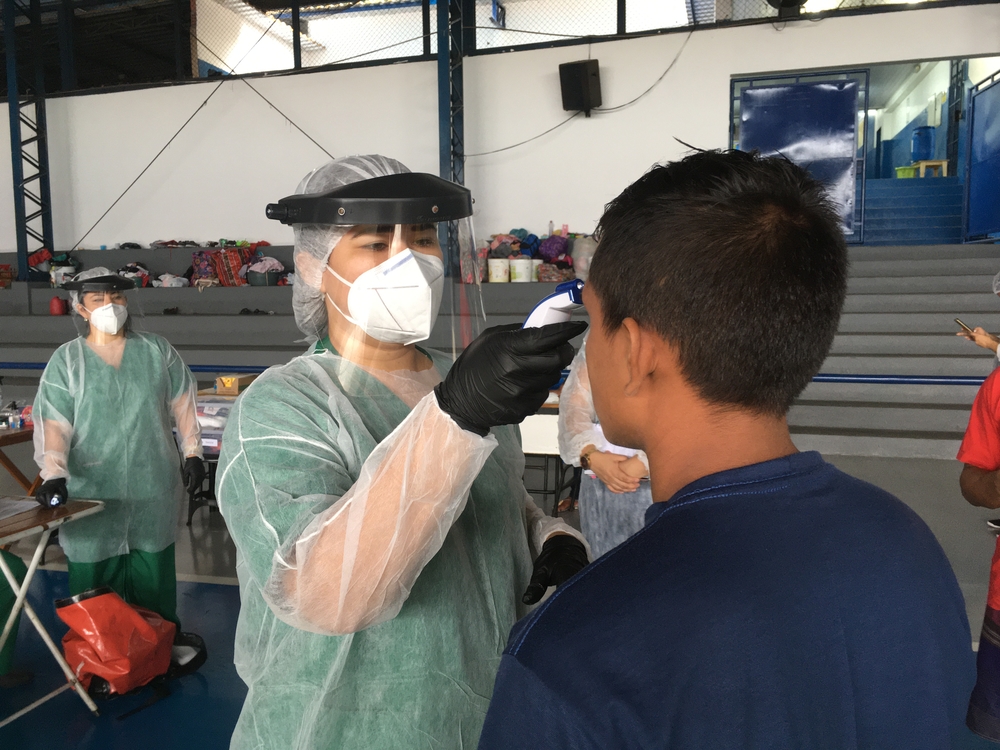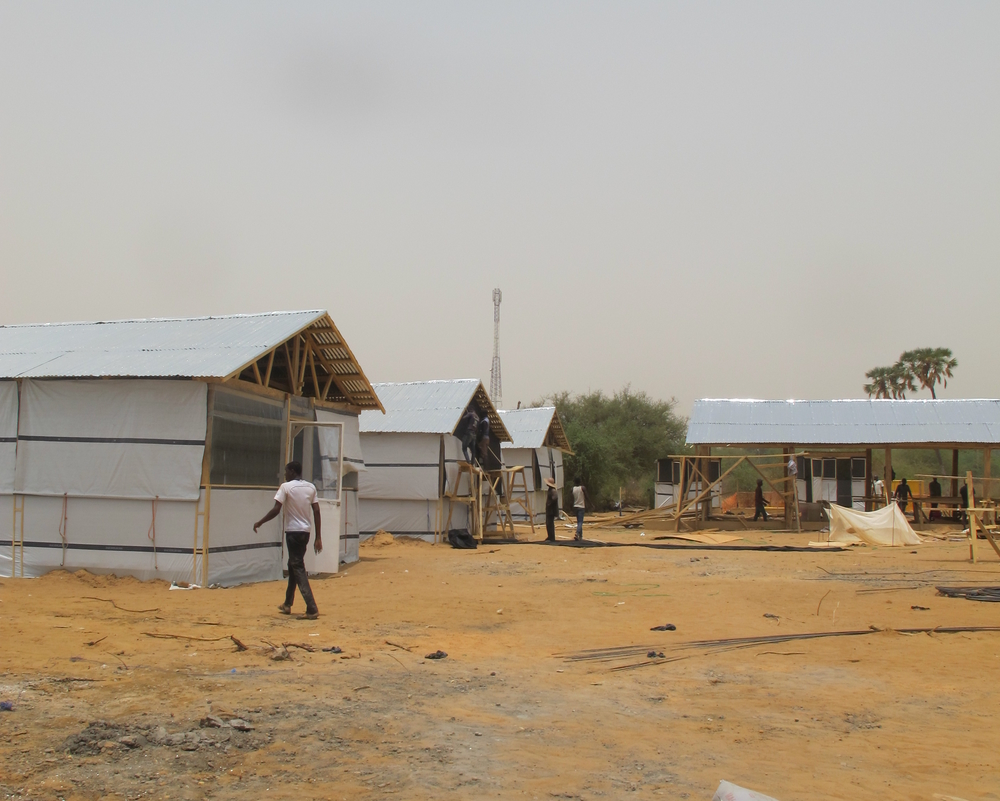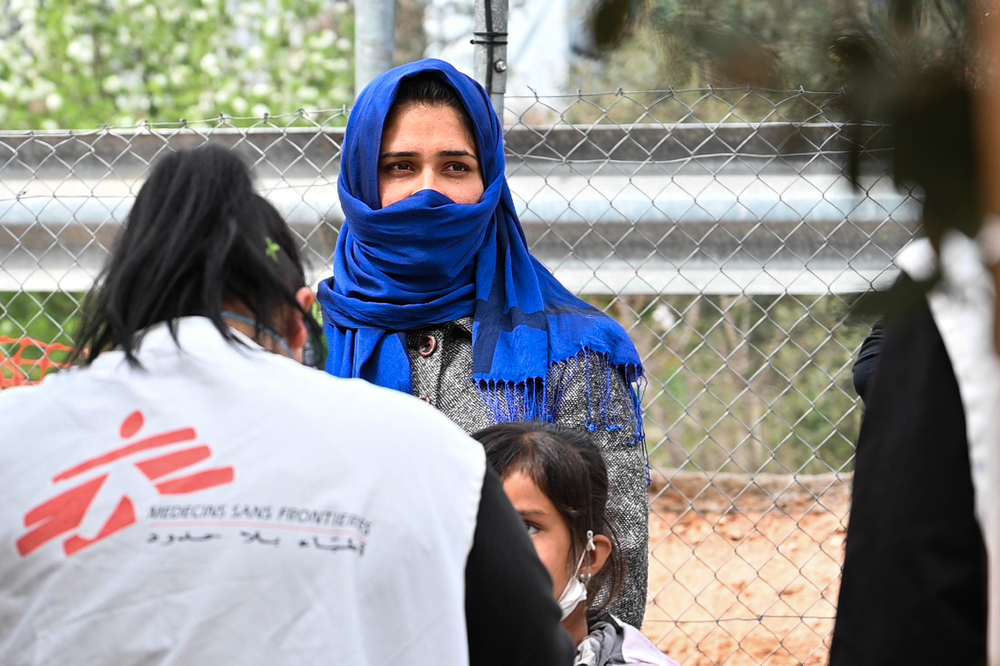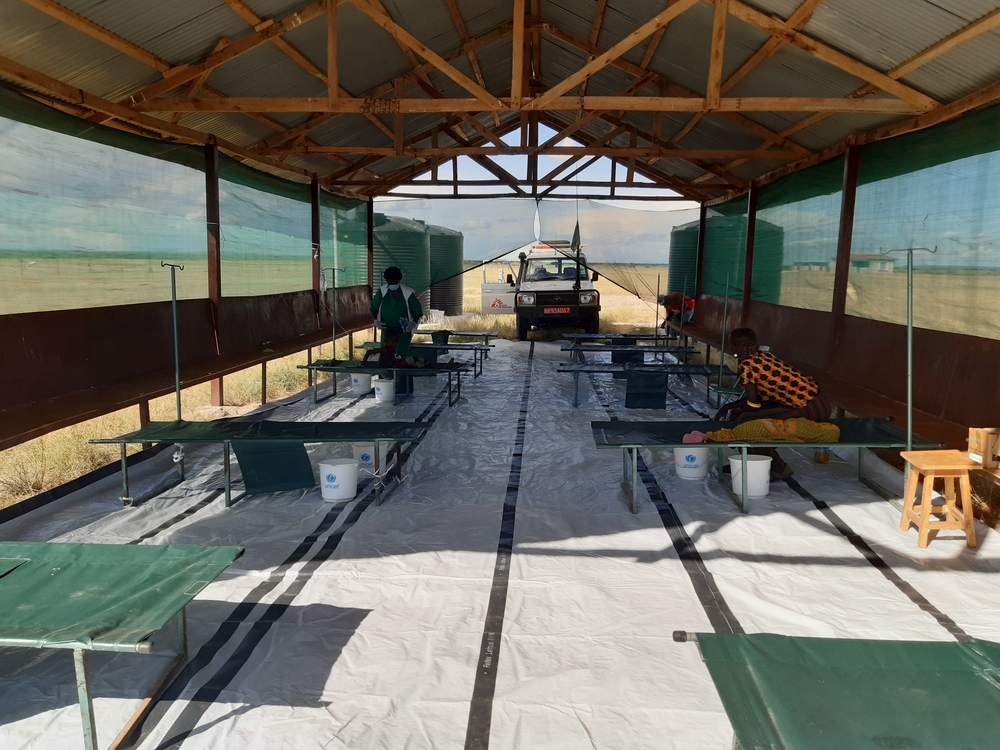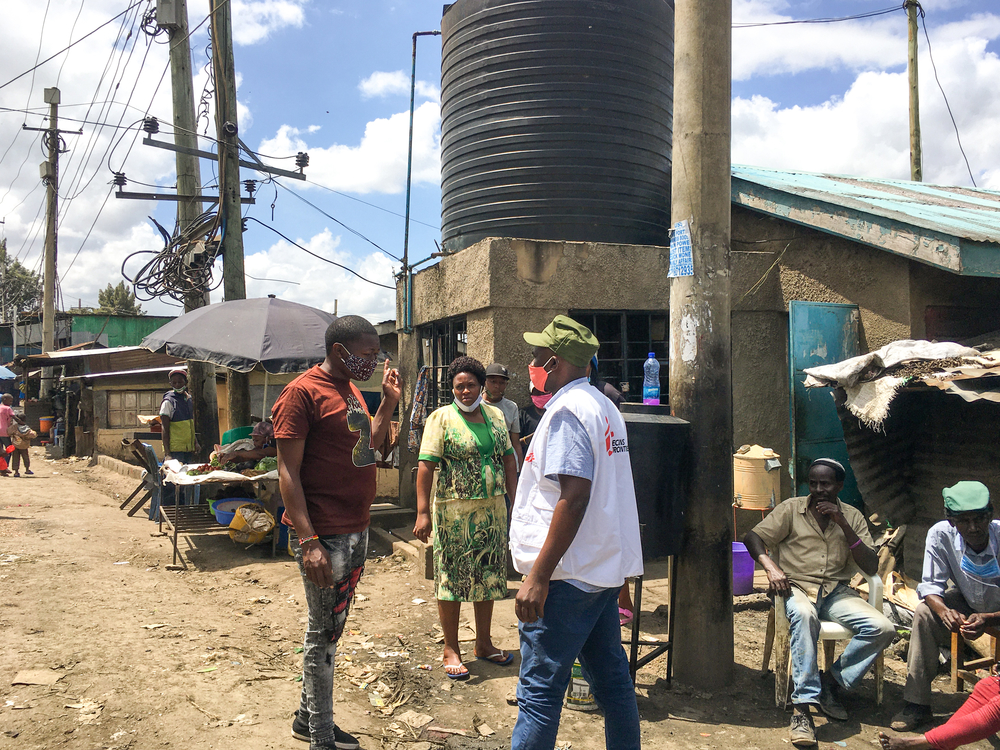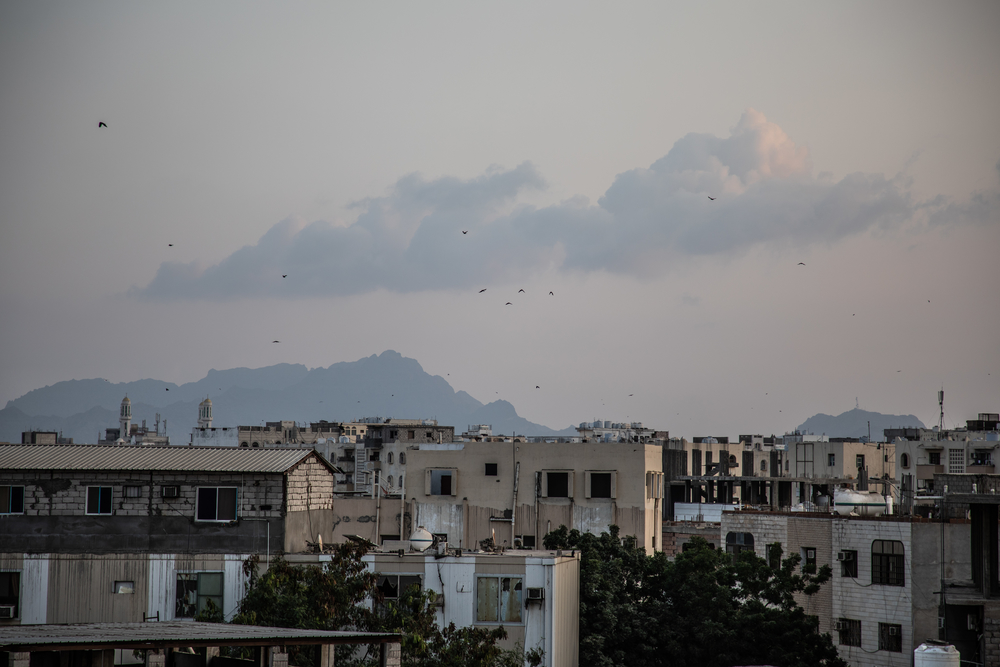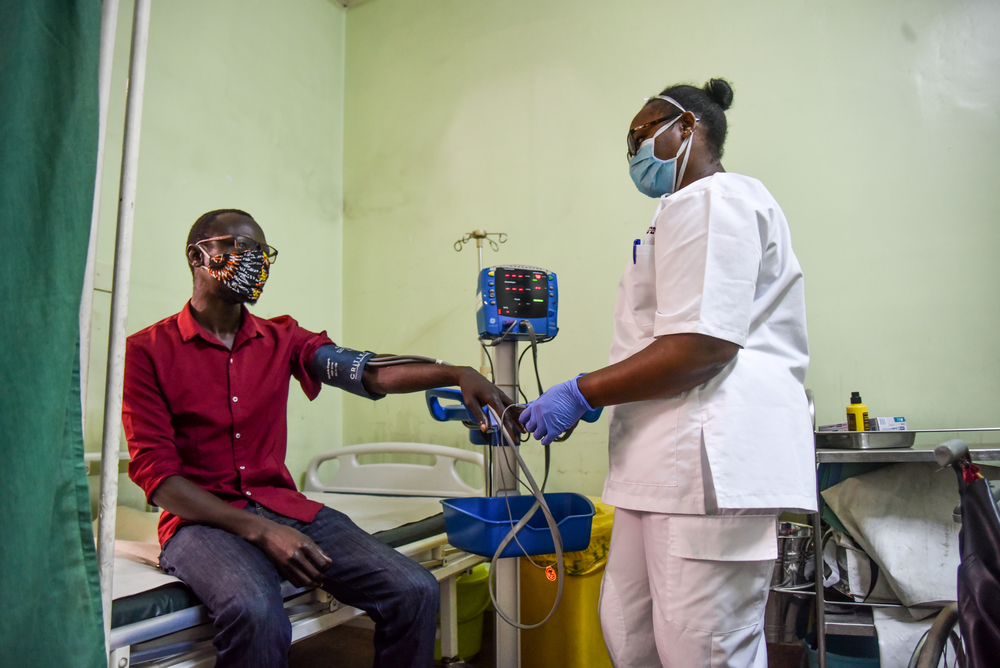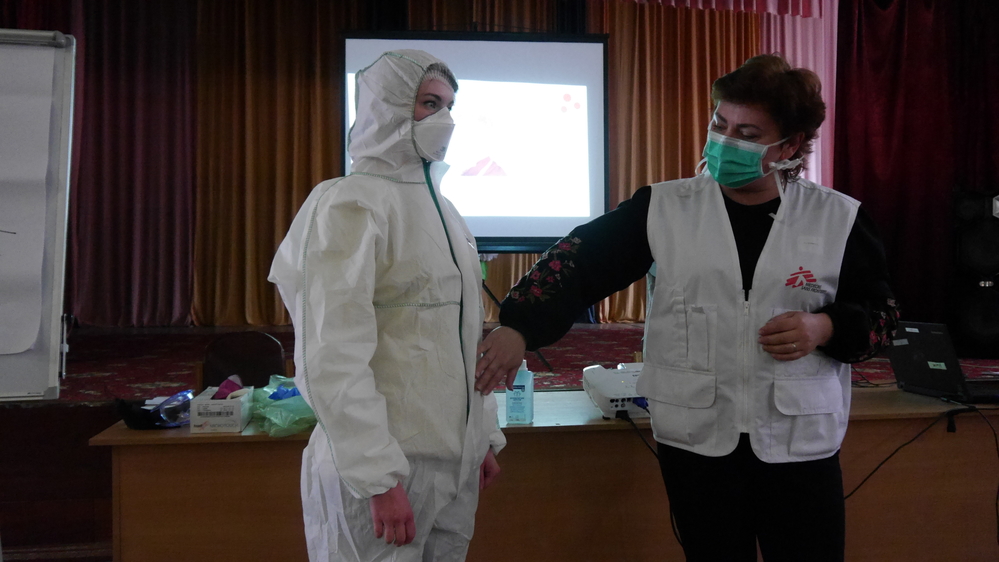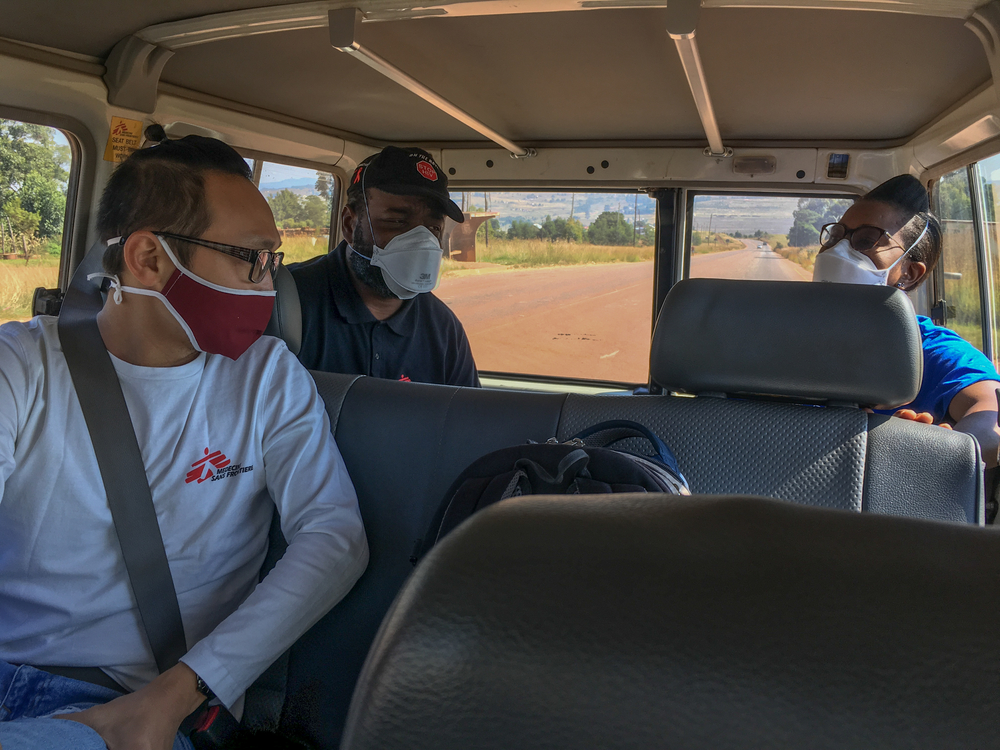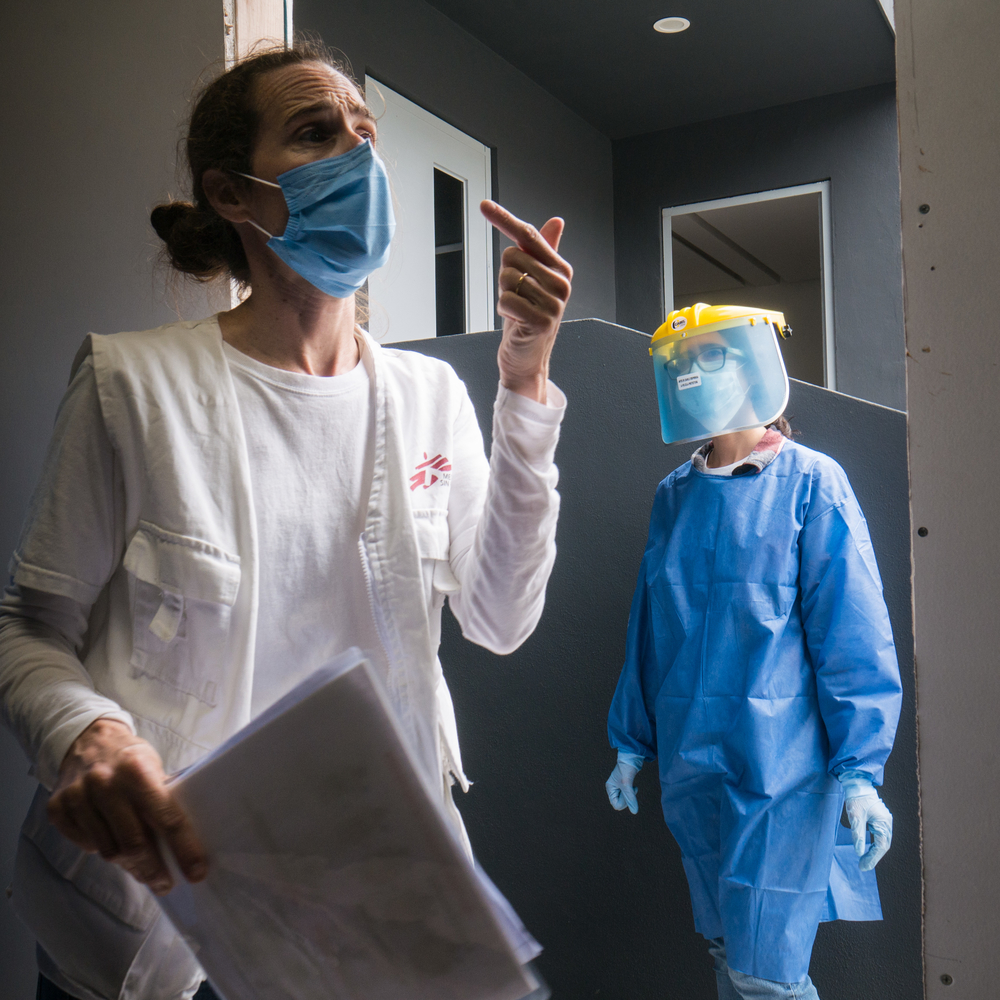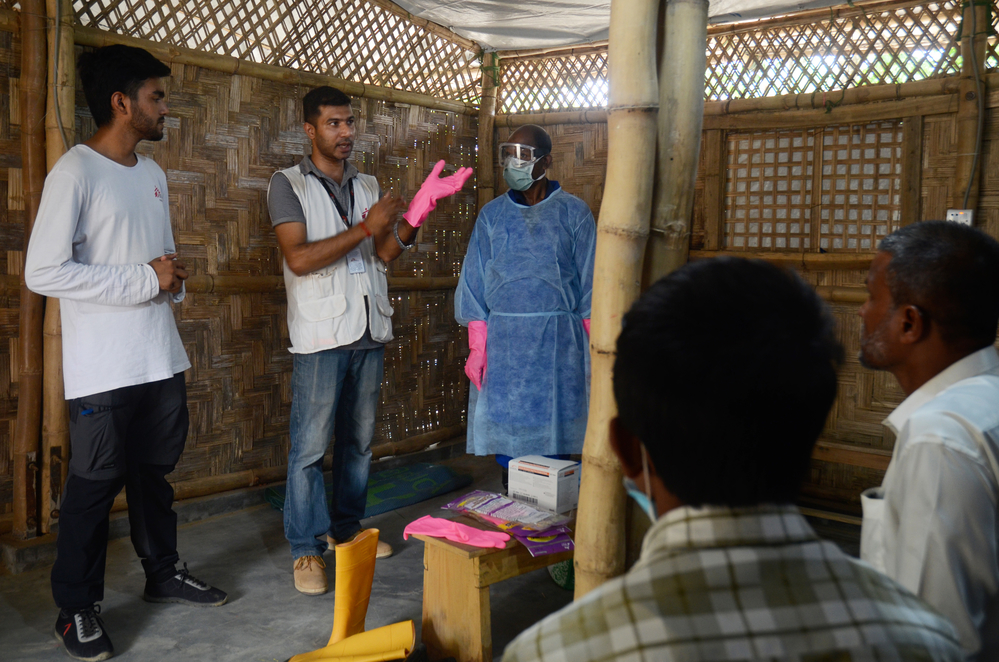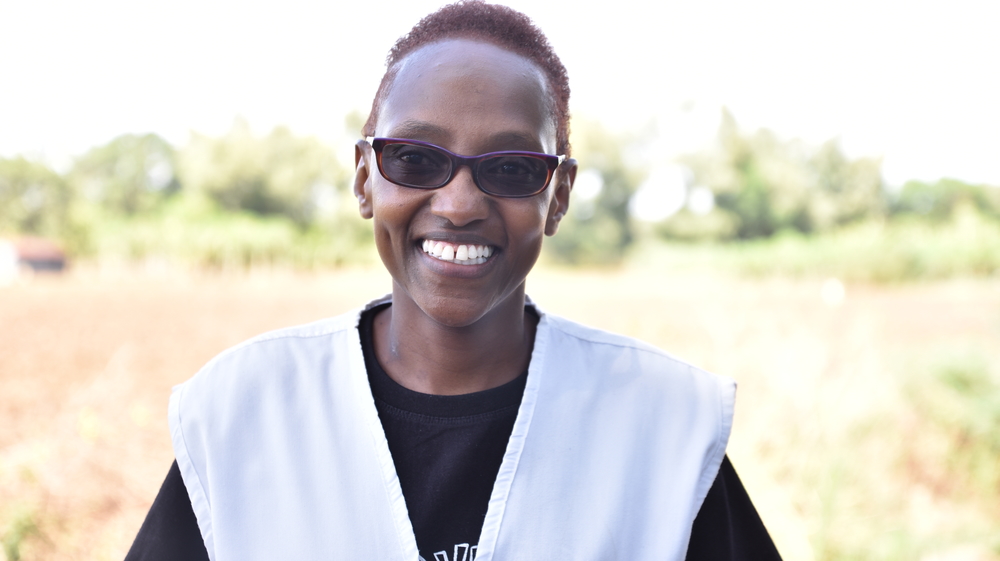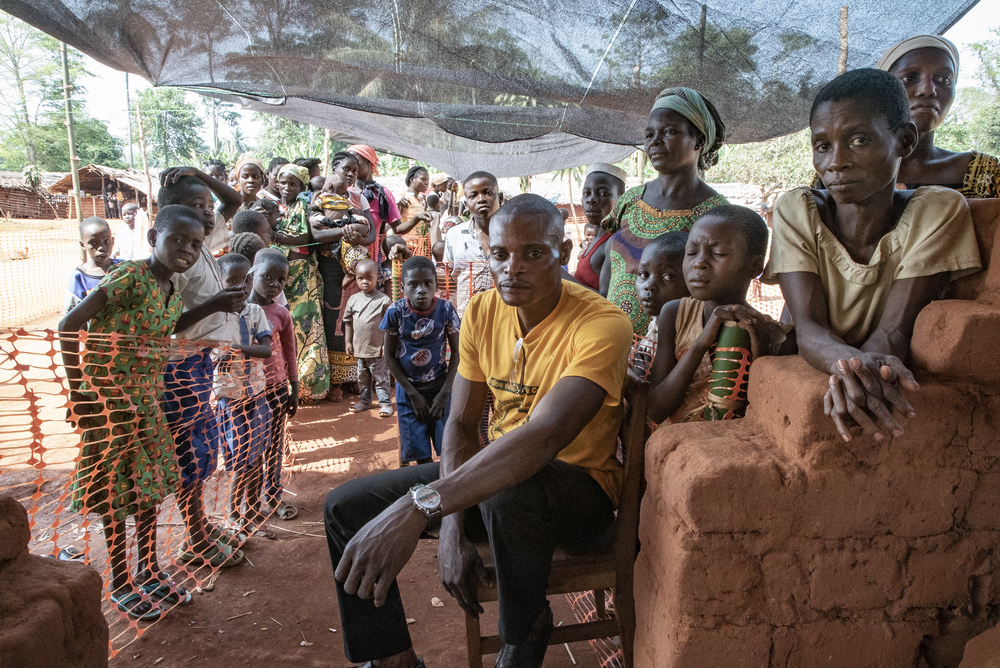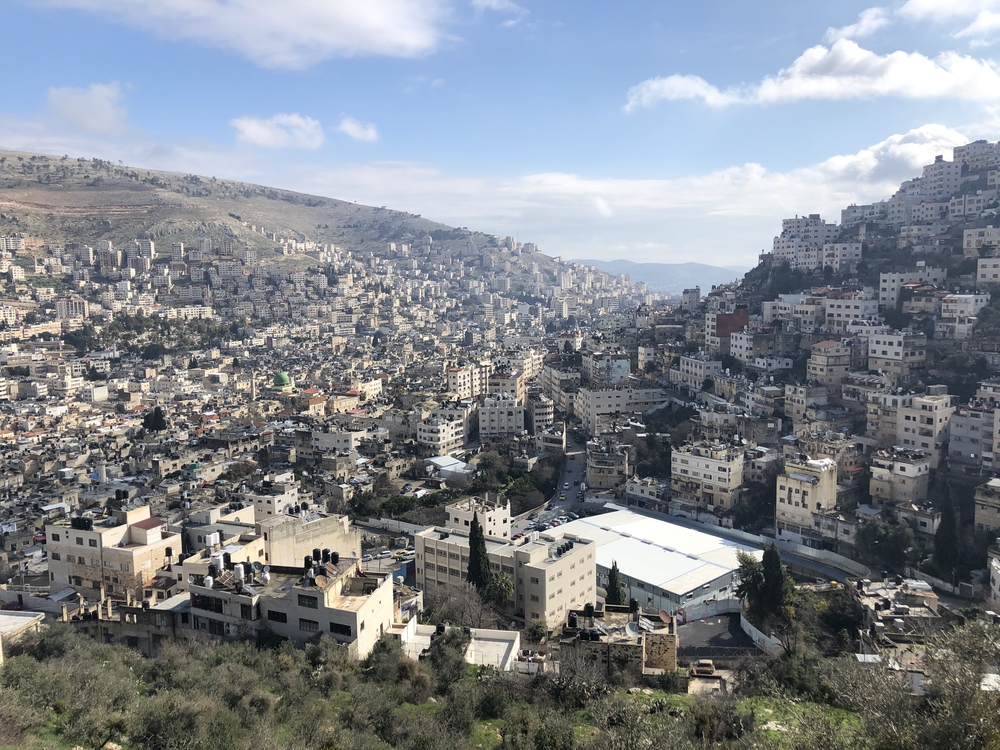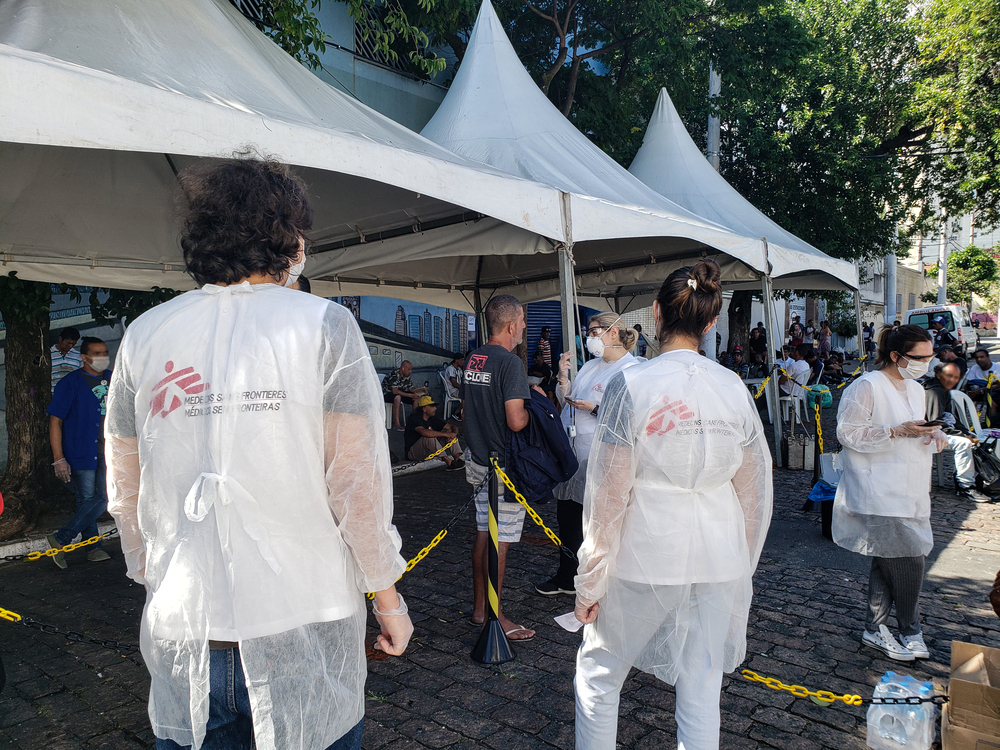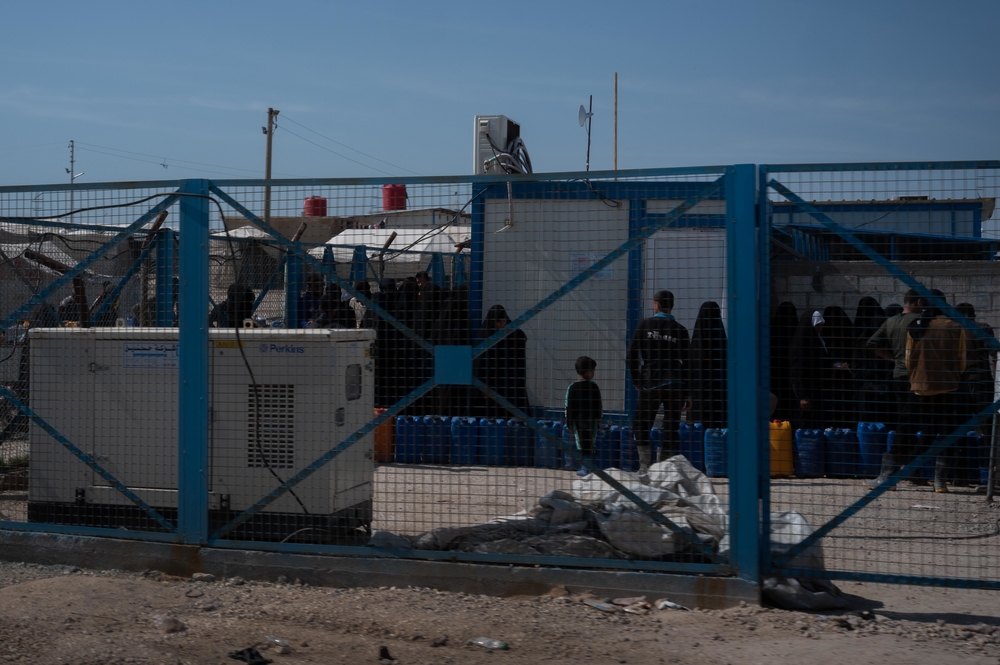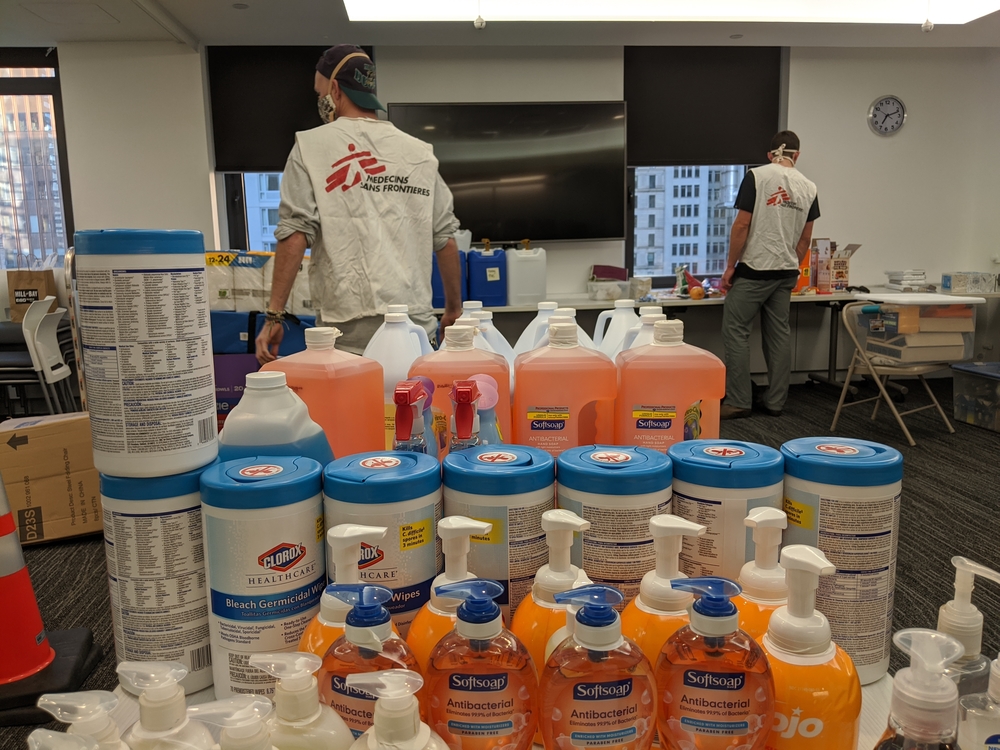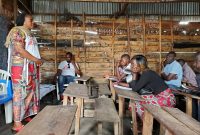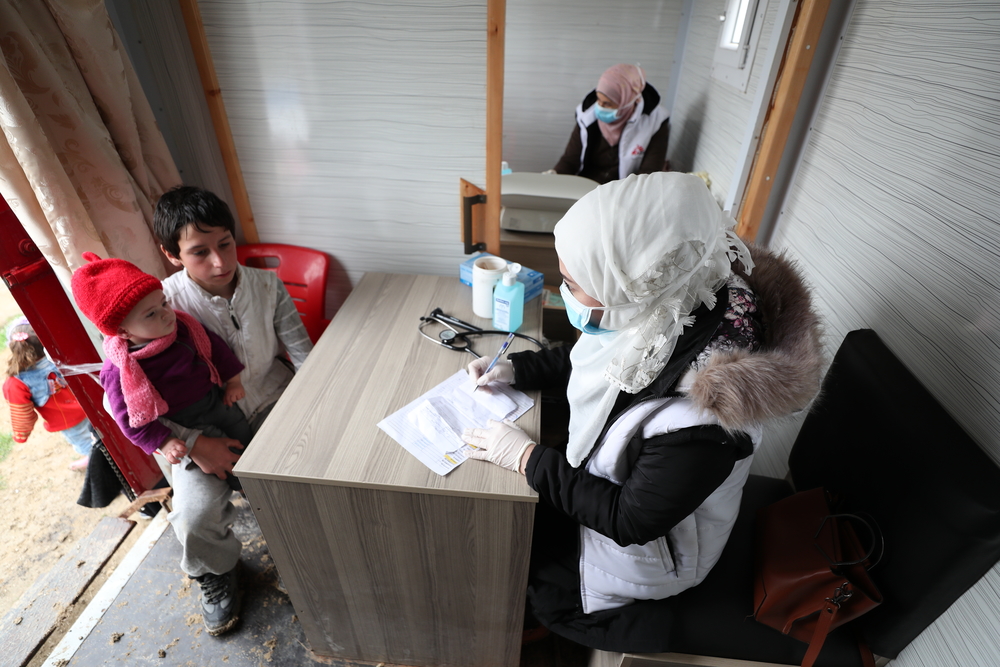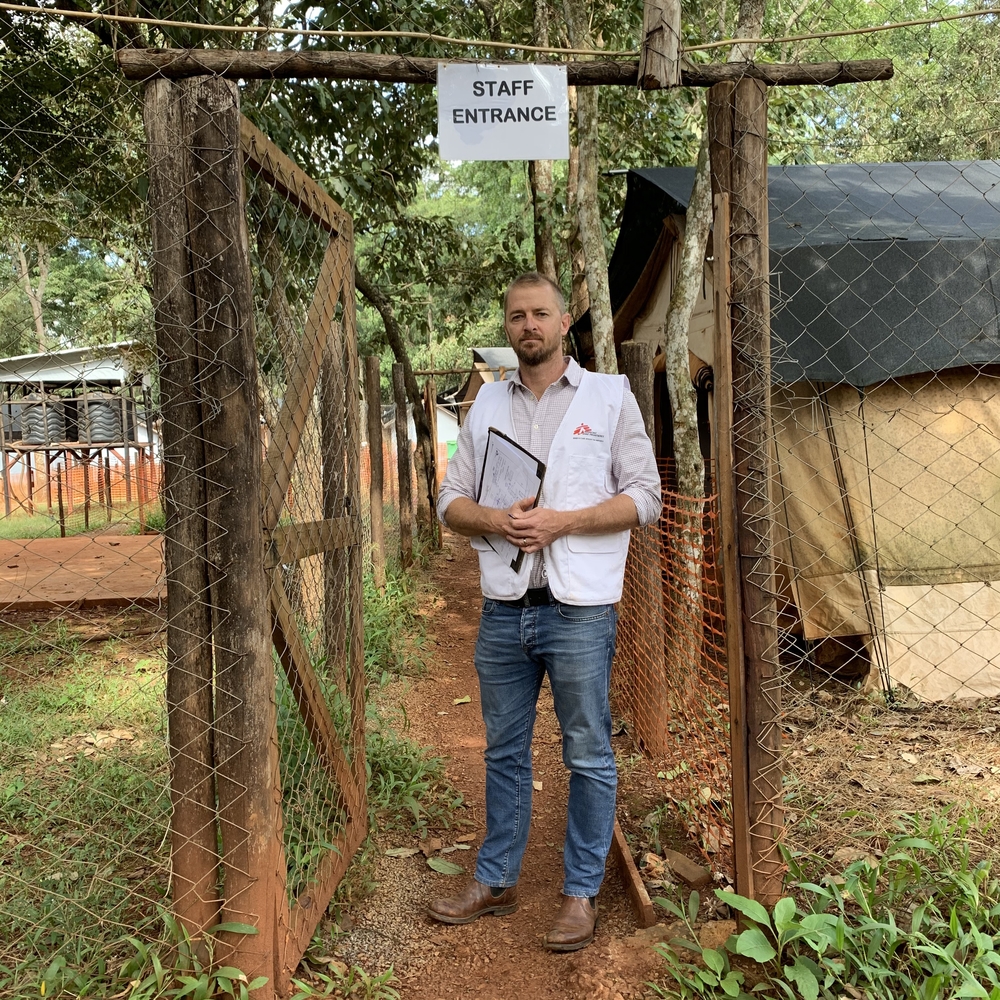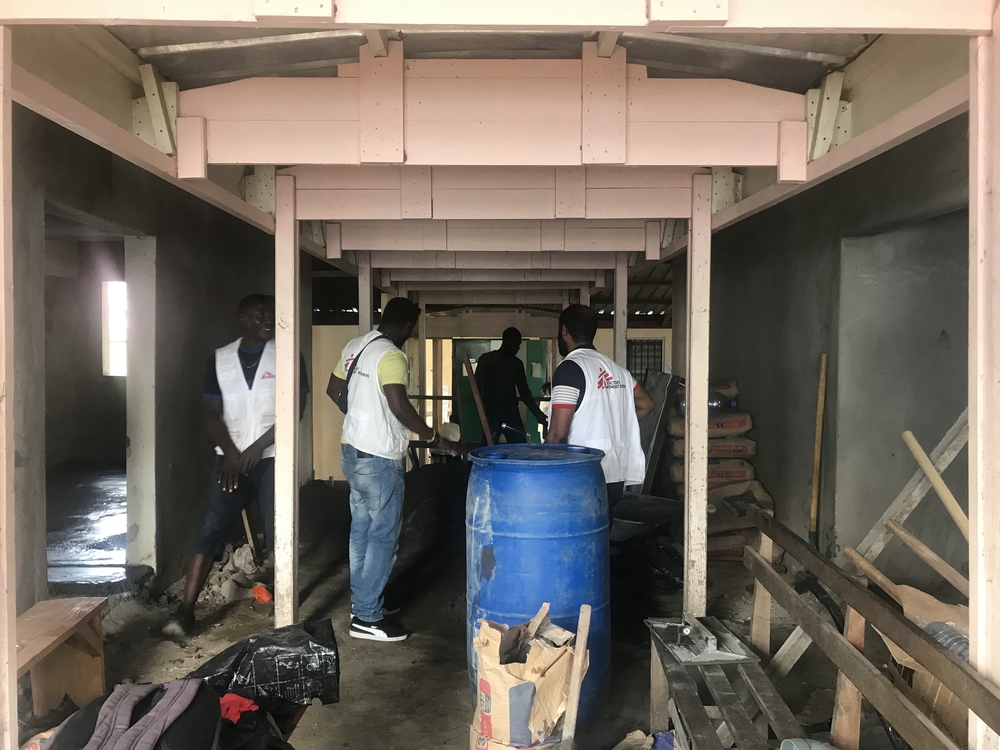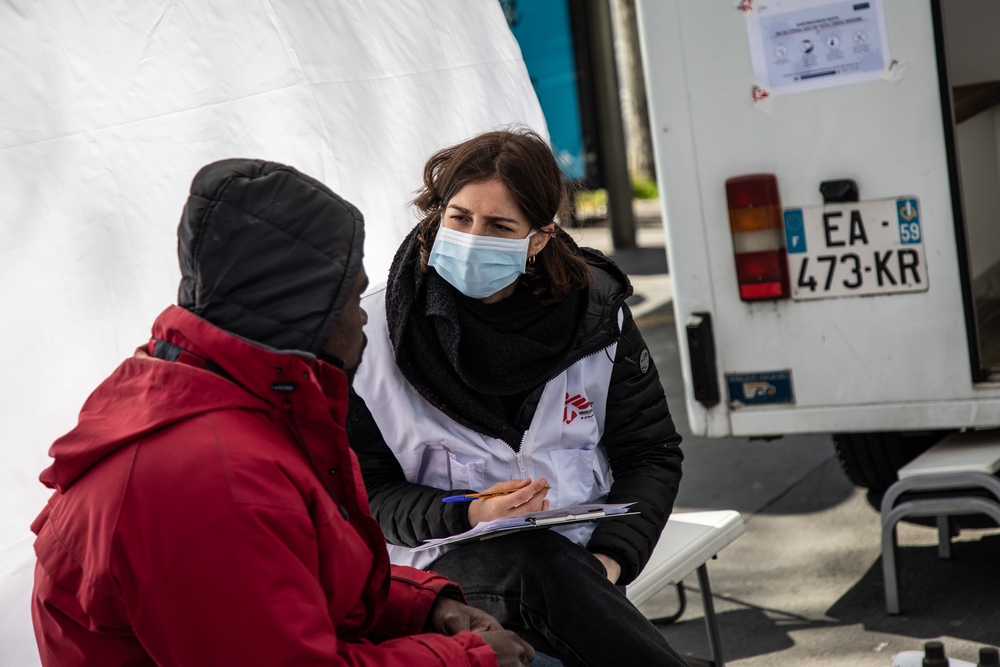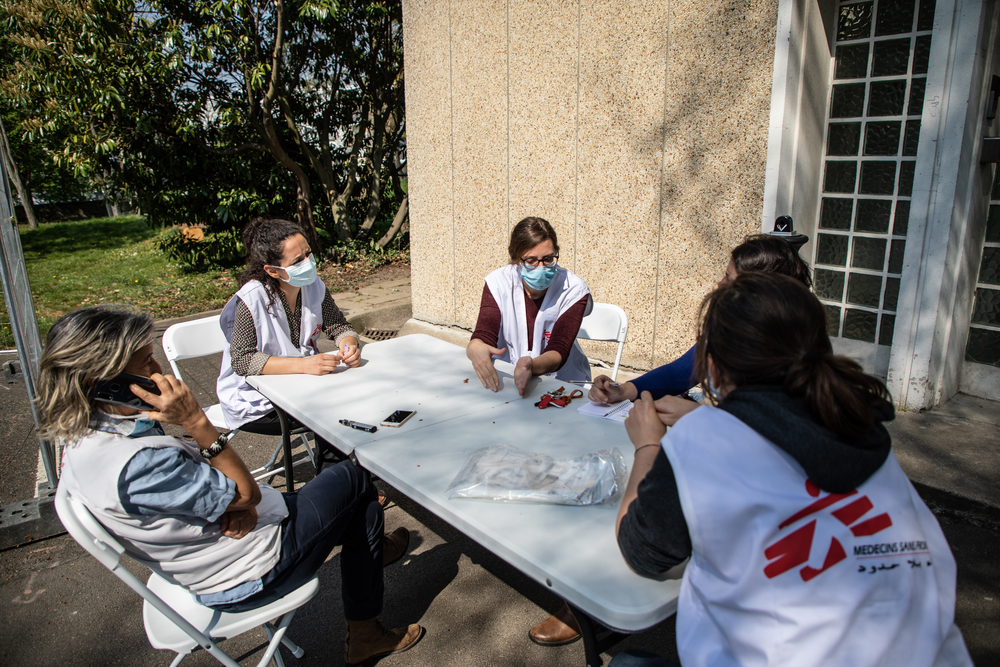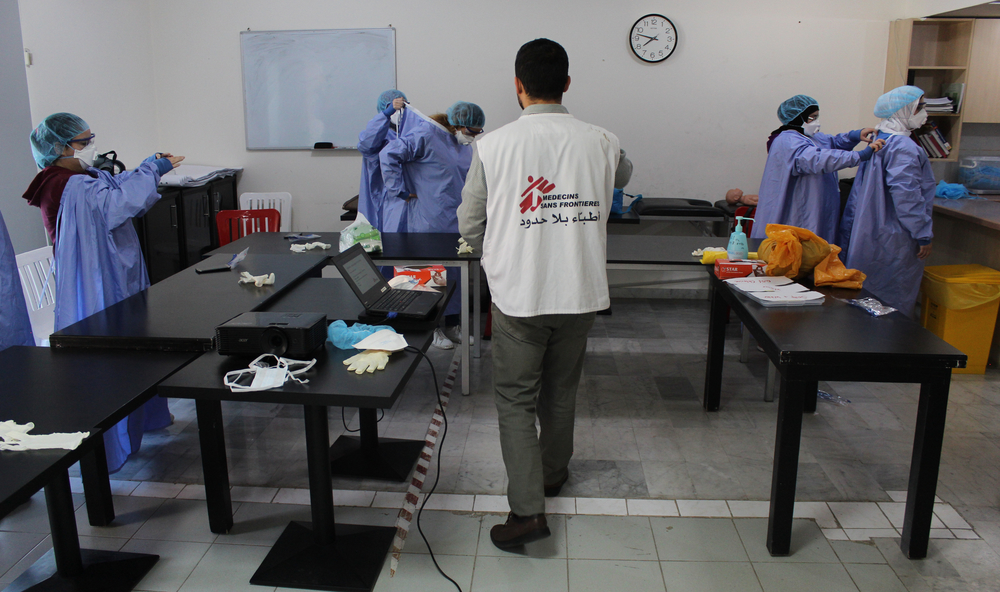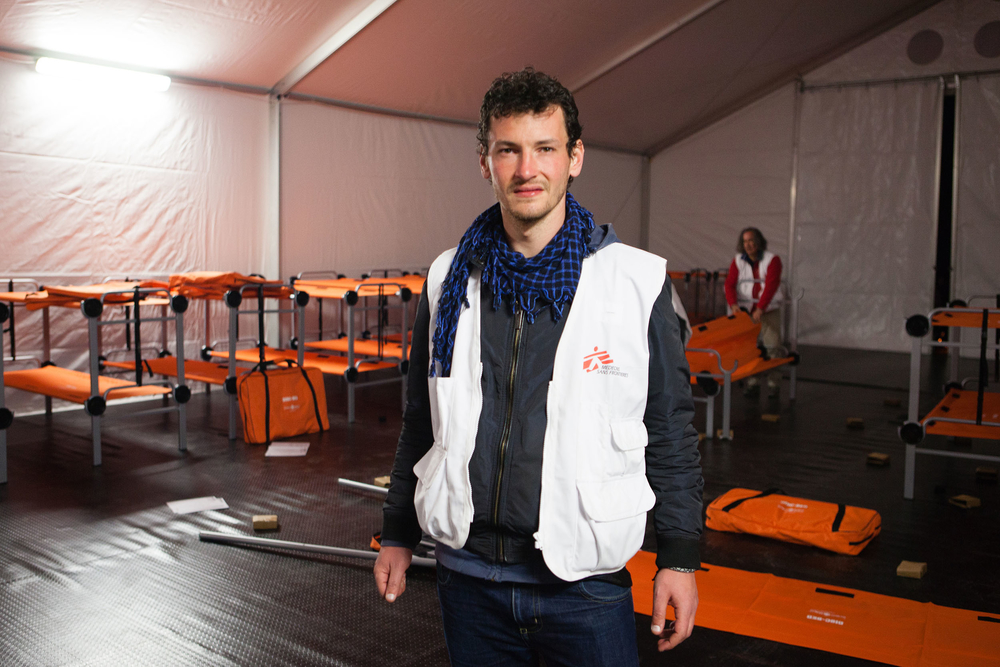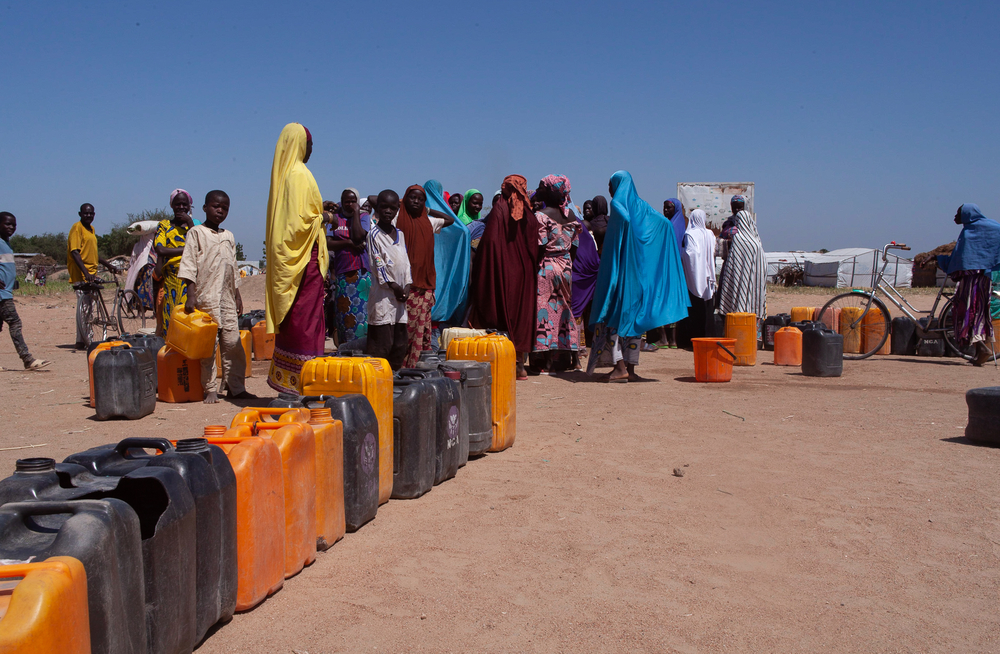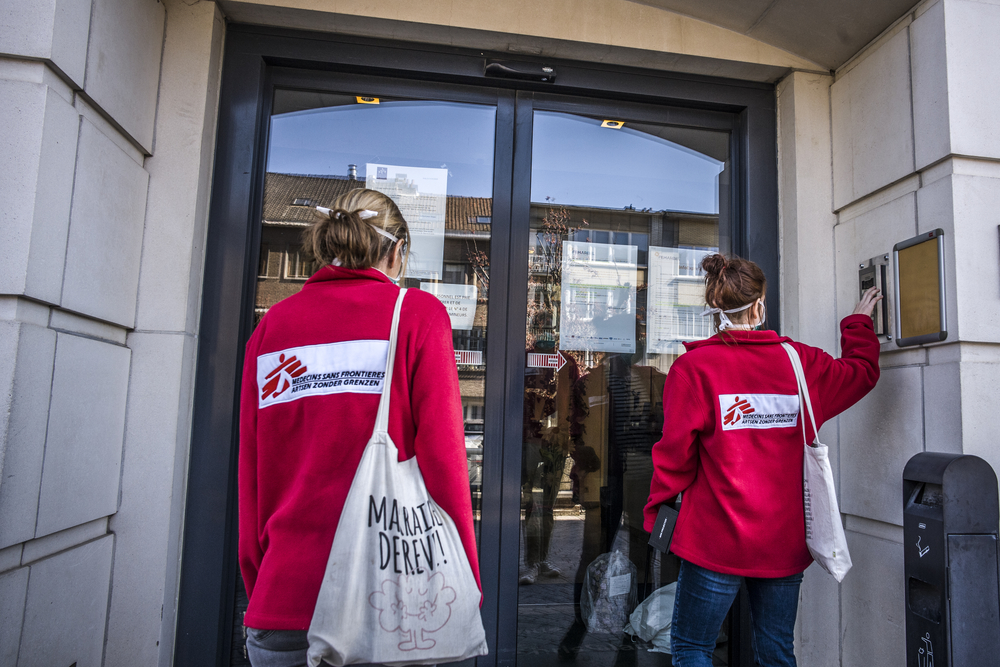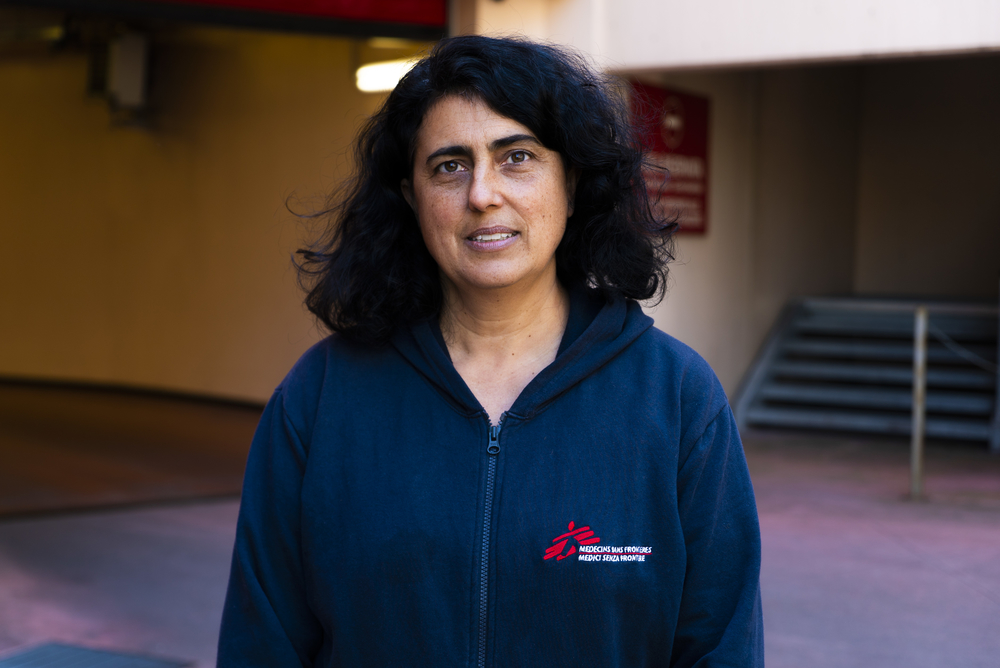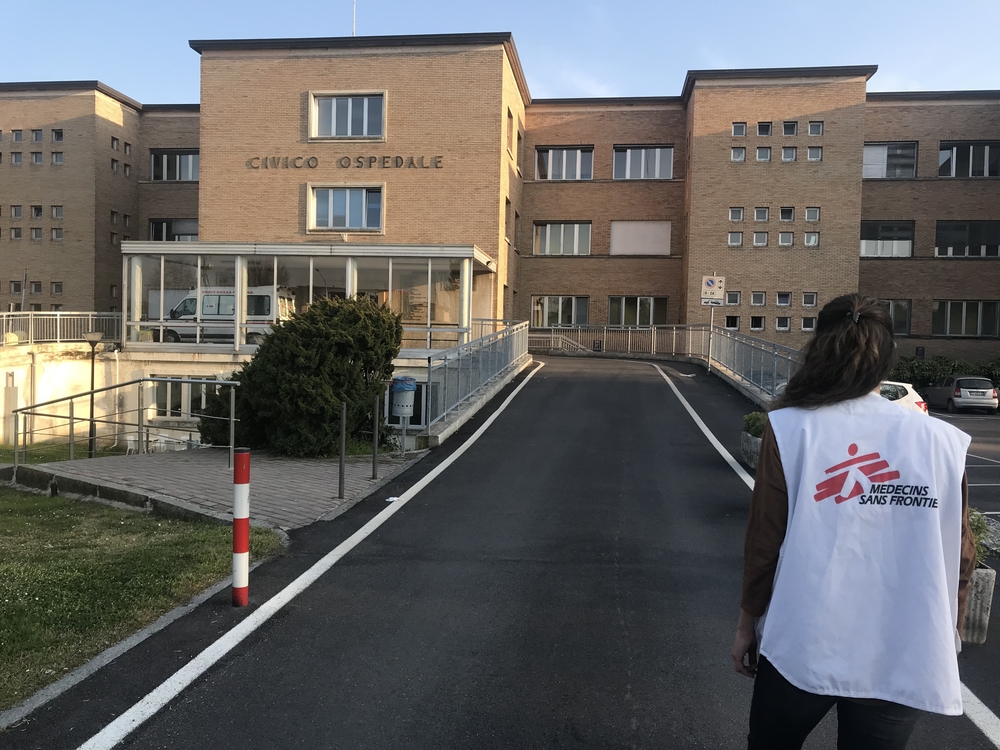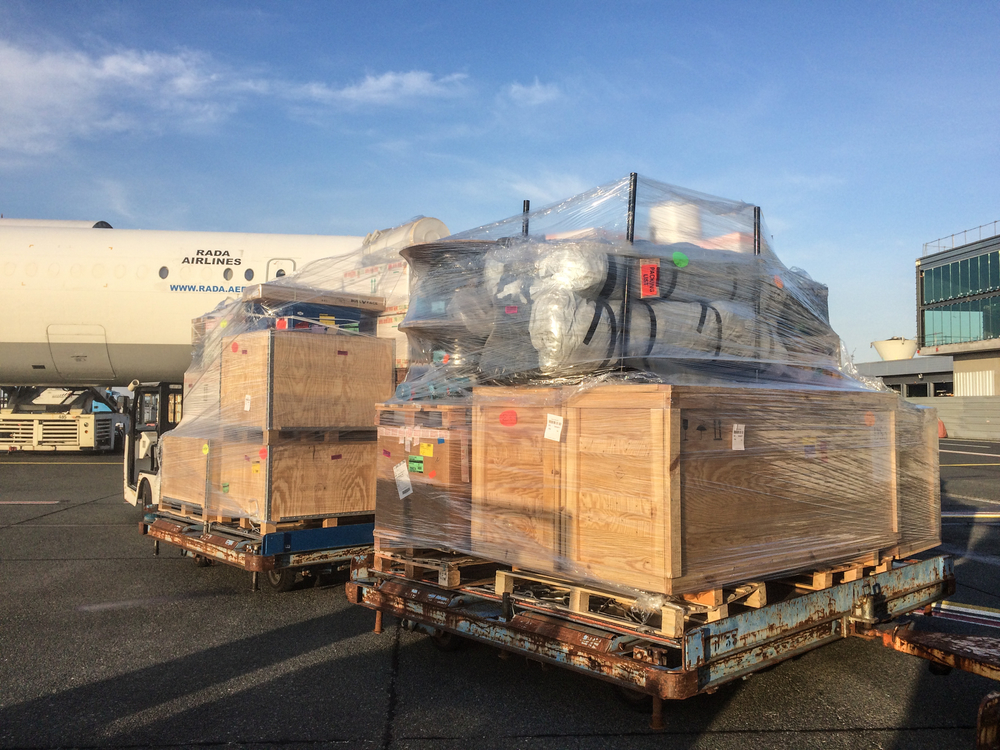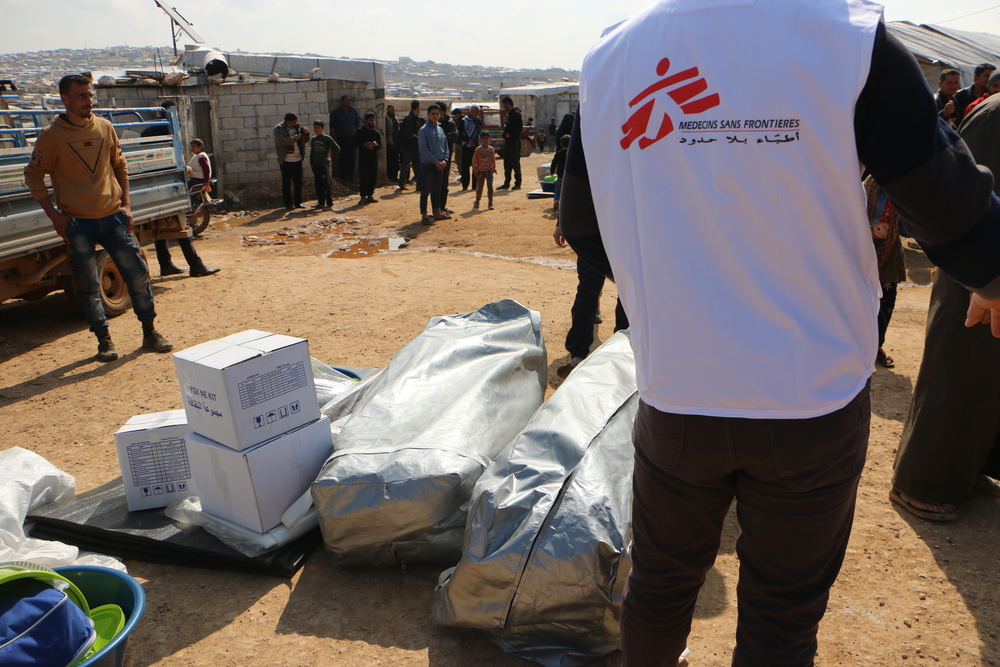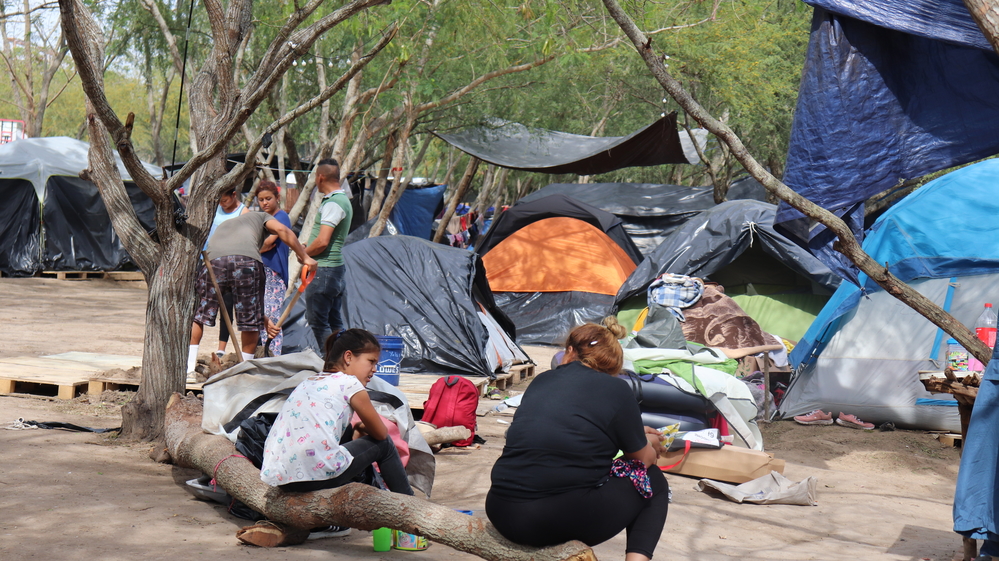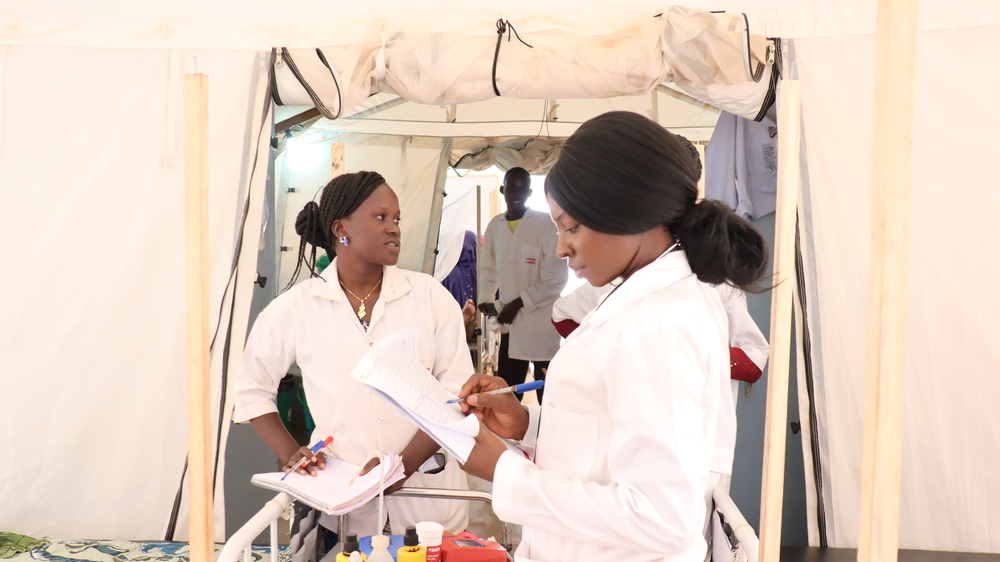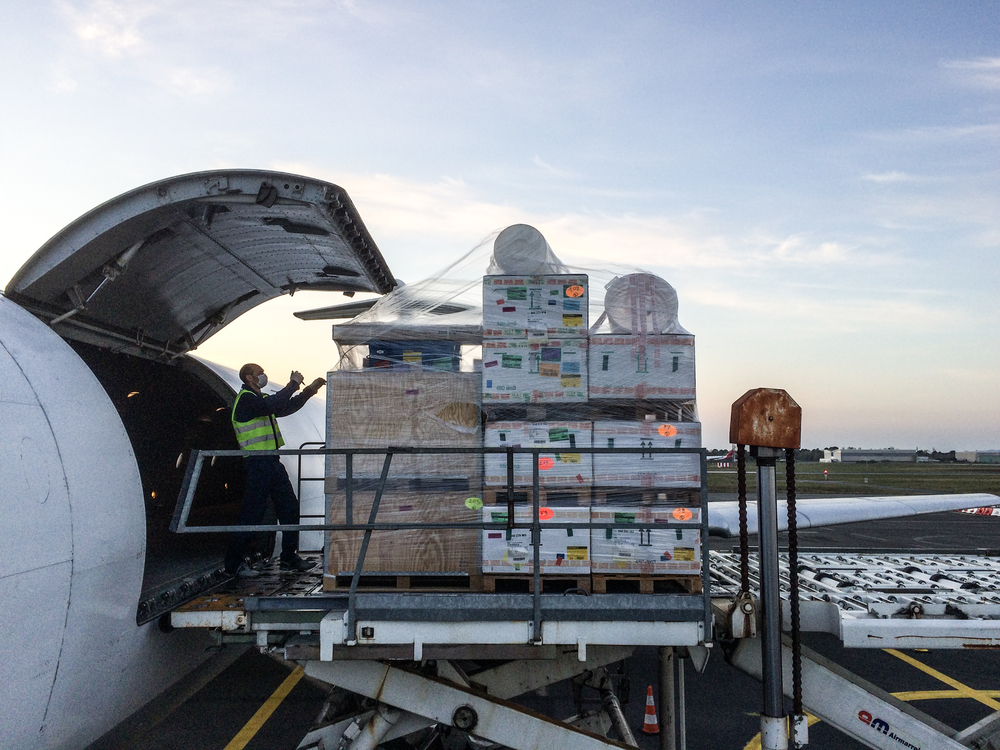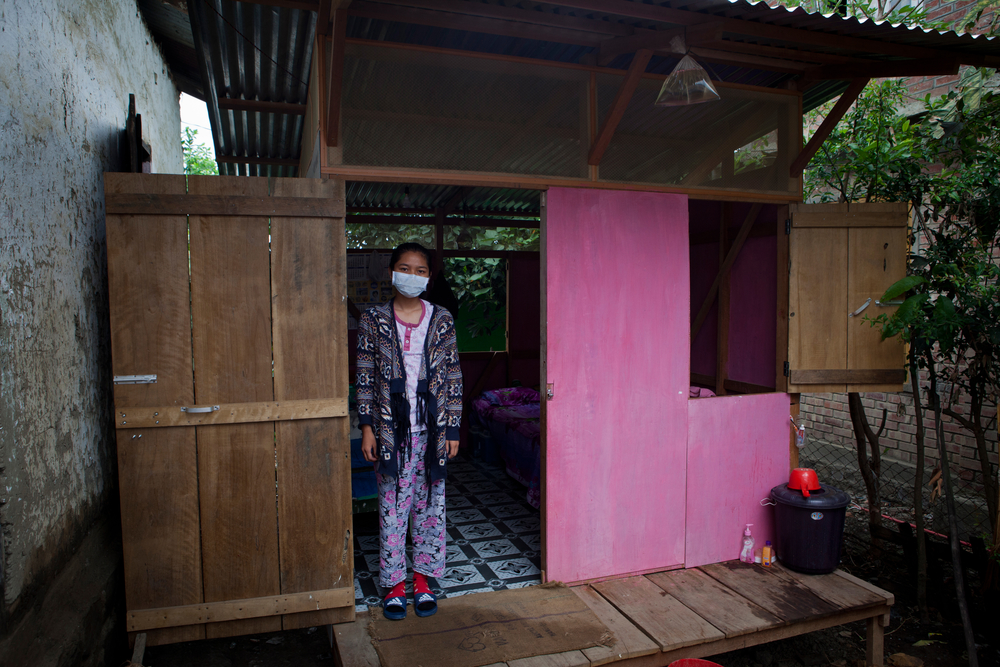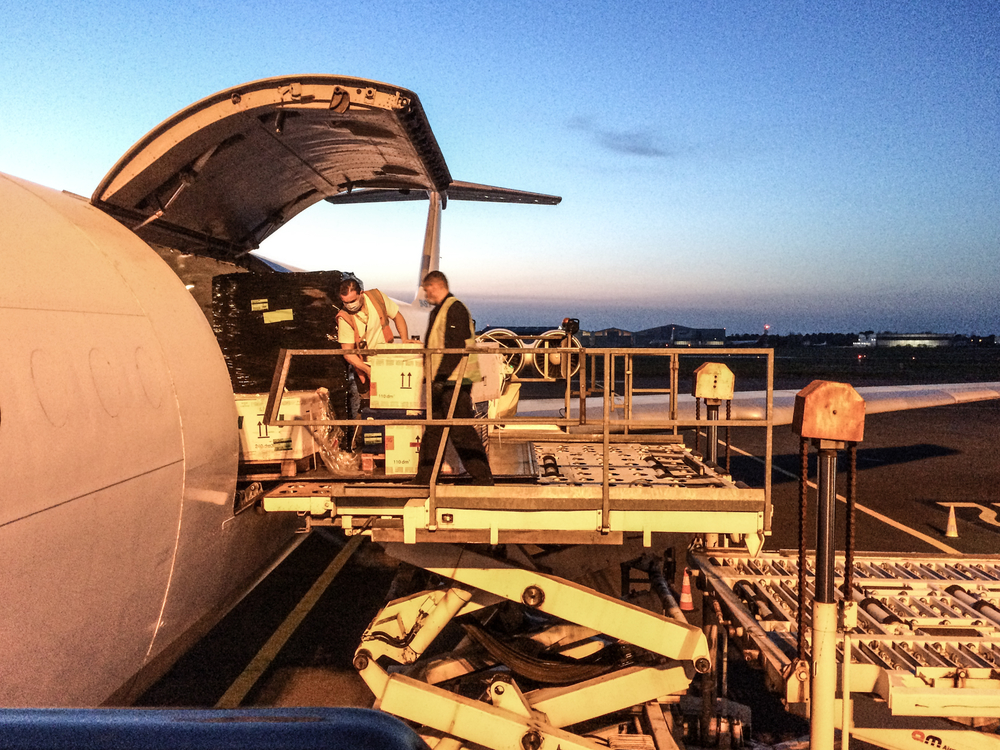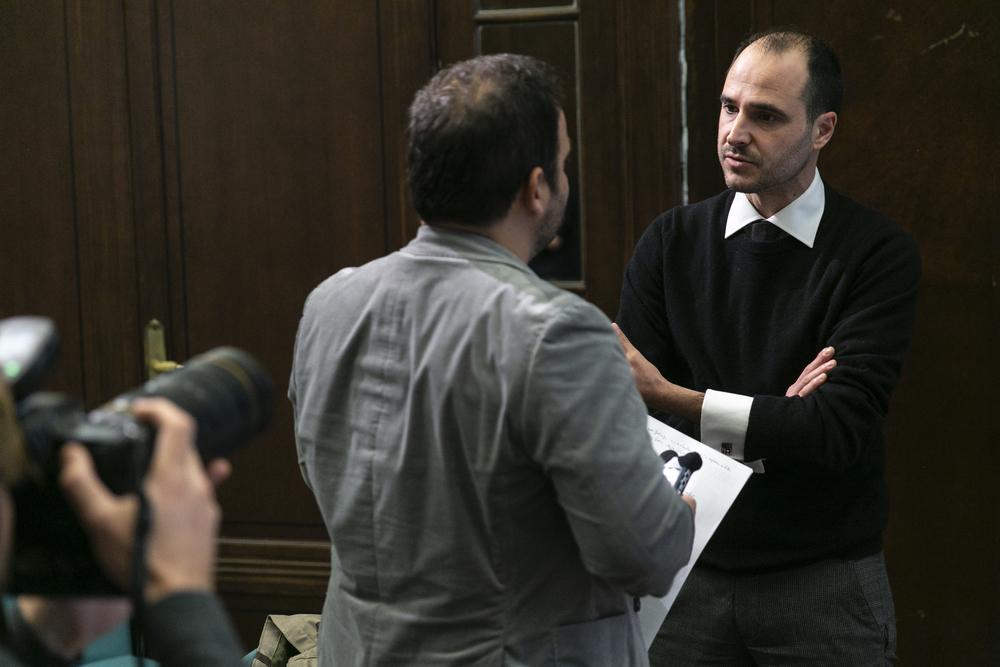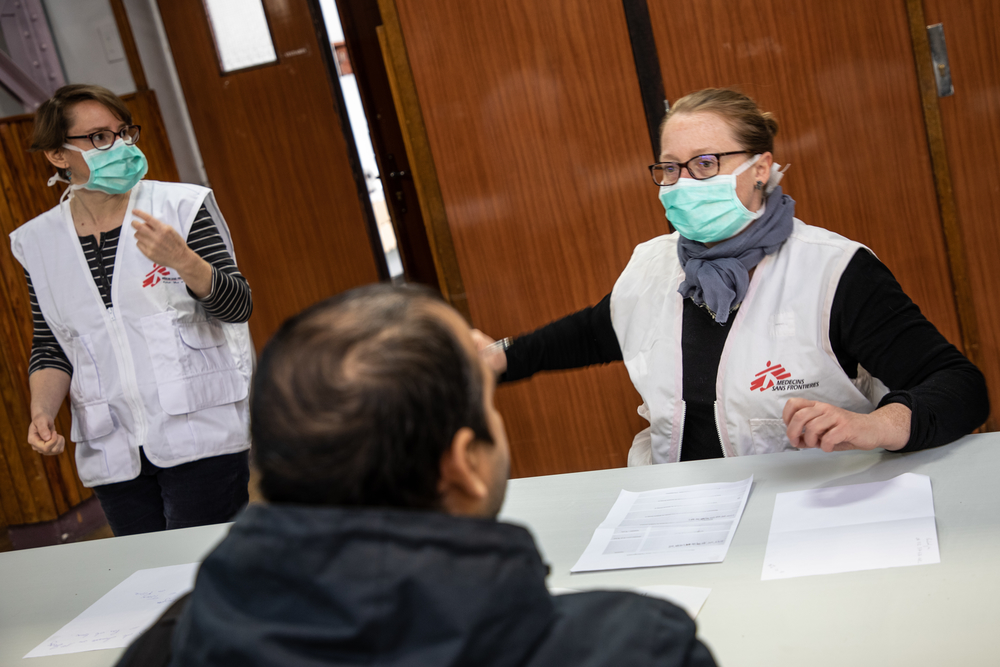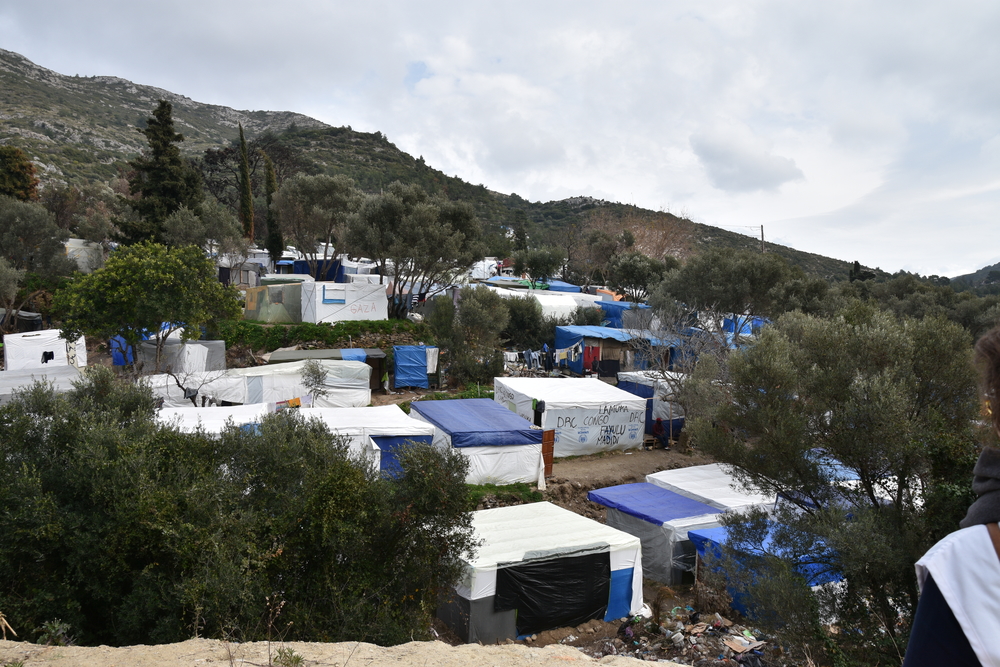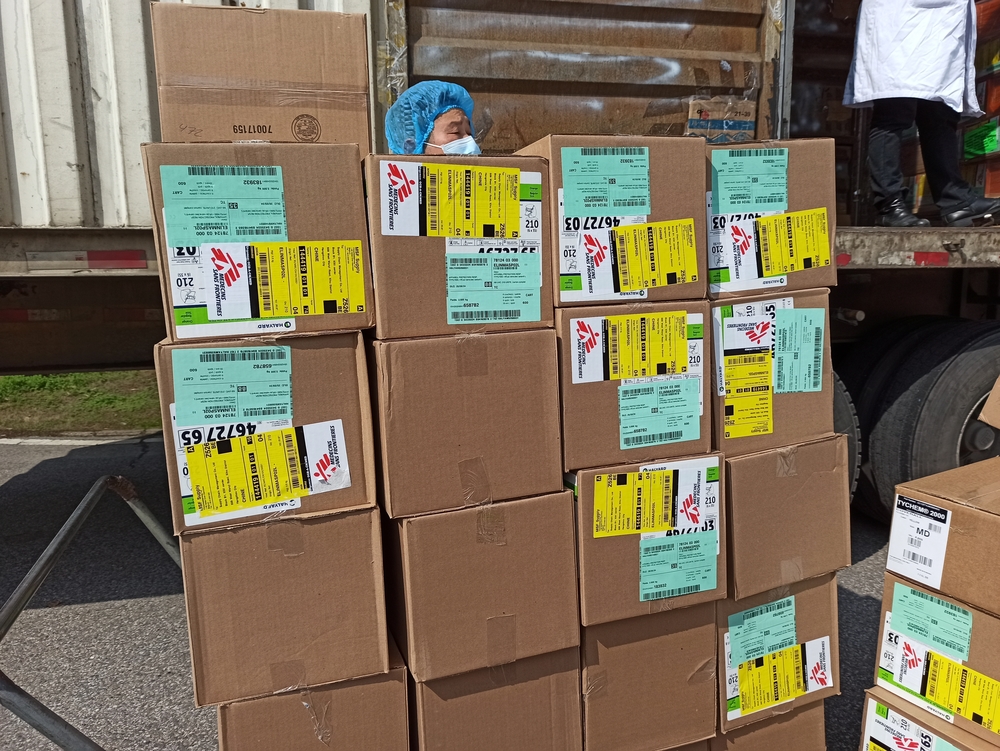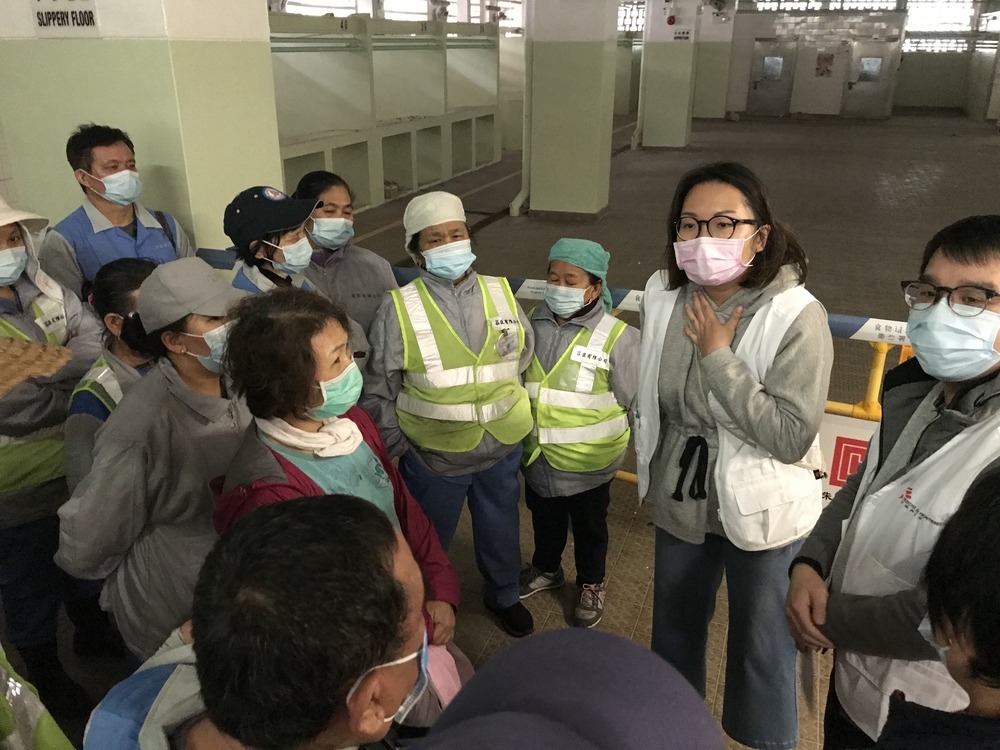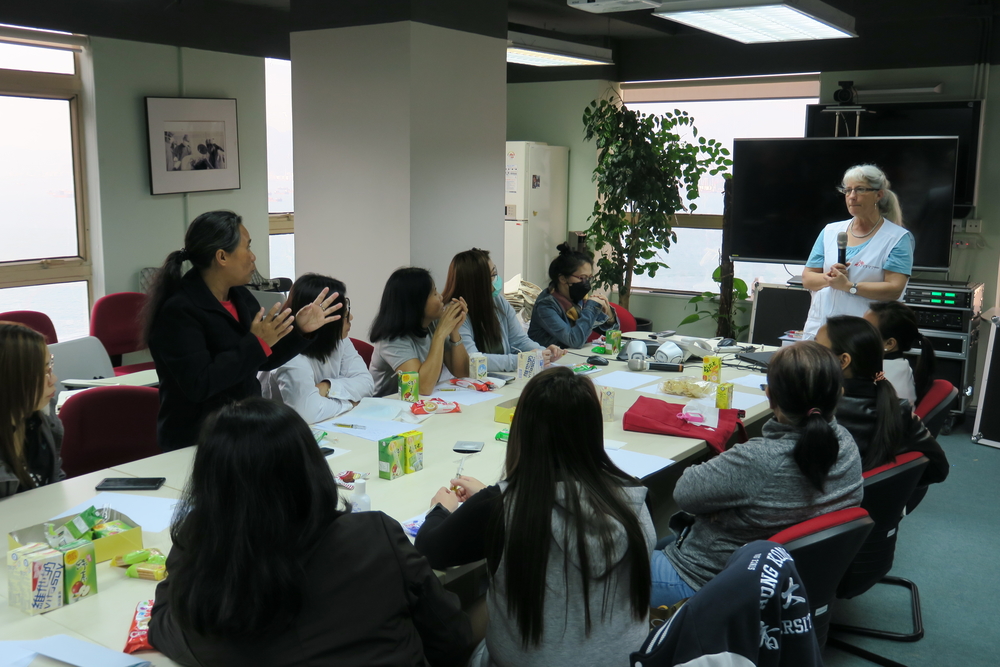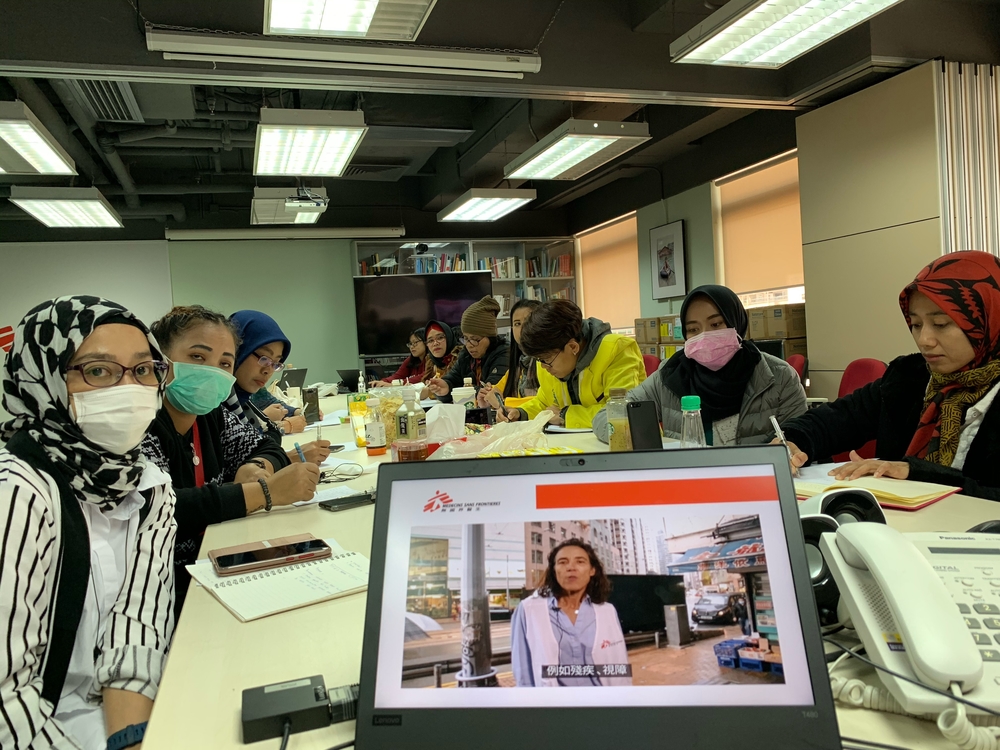‘We have lost everything’: El Salvador hit by tropical storm Amanda as it continues to battle COVID-19
On May 31, the tropical storm Amanda hit El Salvador as the country continued to battle the COVID-19 pandemic. Floods, high winds and heavy rains have damaged around 30,000 homes in El Salvador and killed 27 people, while ten more are still missing. MSF teams have launched emergency activities in some of the most affected communities in the capital, San Salvador, and have built 25 shelters in San Salvador and Soyapango.
The storm has been devastating for many families across El Salvador, particularly those living in Granjero II, Nueva Esperanza, Florida and Arca de Noé neighbourhoods in San Salvador. In a matter of minutes, the force of the river’s overflow swept away many houses and buildings, with some people losing everything they own.
“At dawn, the water was already up to our knees. We grabbed what we could, but we have lost almost everything,” an inhabitant of El Granjero II told the MSF team when they visited the community. Another neighbour stood on tiptoe as she pointed to a dark spot on the wall about two metres high, “This is where the river came in last night, above the door frame,” she said.
The streets and alleyways in Granjero II and Nueva Esperanza show evidence of the disaster: beds, appliances, personal items and vehicles are full of mud mixed with garbage that flows freely, carried out by the river Acelhuate, heavily polluted by sewage and industrial waste. In other suburban communities in San Salvador and Soyapango, landslides have left some buildings completely destroyed.
“These communities were already facing uncertainty and lack of access to healthcare because of the COVID-19 pandemic and this only makes the situation worse,” says Luis Romero Pineda, MSF’s field coordinator in El Salvador. “People are at risk of a range of mental and physical health problems following the destruction of property and the loss of loved ones.
“The pervasive violence in El Salvador has also weakened the provision of health services and built up stigma around COVID-19 (as gangs control huge parts of the neighbourhoods in the cities). This storm in the midst of the COVID-19 pandemic is the last straw for many of these families.”

During the day, people of all ages in El Granjero II try to rescue what is left of their belongings. At night, some go to stay in makeshift shelters but others sleep on the damp floor of their damaged houses, for fear of theft or the spread of COVID-19 if they go elsewhere.
In the shelters, set up by communities or authorised by the government, physical distancing and compliance with preventive infection measures, are nearly impossible. There are few or no windows, the provision of water is erratic because the pipes have collapsed, and there are not enough toilets.
MSF teams have visited some of these communities and shelters and are providing primary medical and psychological care in a mobile clinic. MSF has also donated hygiene kits to some of the most in-need shelters, and soon a health promotion team will address issues related to health education and disease prevention.
Physical and mental health conditions
Feelings of anxiety and sadness are commonplace. Before they lost their belongings during the storm, people already faced the economic and social consequences of complying with the quarantine imposed by the Salvadoran government to prevent the spread of COVID-19. The lack of a fixed income and the lack of food are massive concerns for many people.
MSF’s mental health manager, Ana Paula Abreu, explains that, “natural disasters can cause severe trauma to the people who experience them. In one moment, they see all their personal space – which is part of their identity – destroyed. Providing psychosocial support at this time is crucial, as it helps to prevent people from developing mental health problems.”
People are scared of contracting COVID-19 when sleeping in shelters and gathering in groups to get food deliveries. “When the floods came, we were covered up with rubbish, dirty water and mud,” one person told MSF. “We took off our shoes and stood in the mud to look for our belongings. If we don’t get sick from COVID-19, we will surely get sick with skin rashes, flu or diarrhea”.
Some people who suffer from chronic illnesses like diabetes and hypertension, are unable to access the healthcare they need because of the suspension of non-COVID-19 services in the public health units during quarantine.
Serge Jory, an MSF doctor working in the mobile clinic, warned “there are several risks in a situation like this. Due to exposure to contaminated water and lack of water, there is a risk of outbreaks of diarrhea, bacterial infections, respiratory infections, skin conditions and the spread of COVID-19 due to overcrowding. The loss of treatment and medical records is also a big problem and means patients cannot control their chronic illnesses and can lead to their condition deteriorating.”
